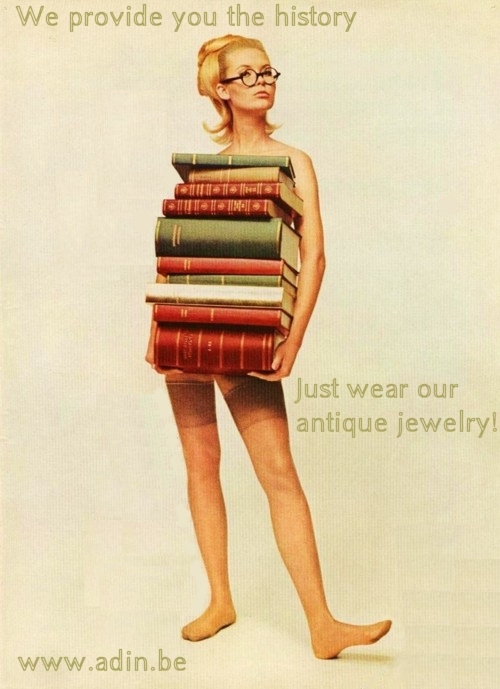Nous offrons des facilités de paiement pour le bijou de vos rêves. Demandez nous les détails. Expédition assuré gratuite !
Weekly Antique Jewelry Herald (archive 2011)
Sorry dear...
it's going to be another frugal Christmas this year
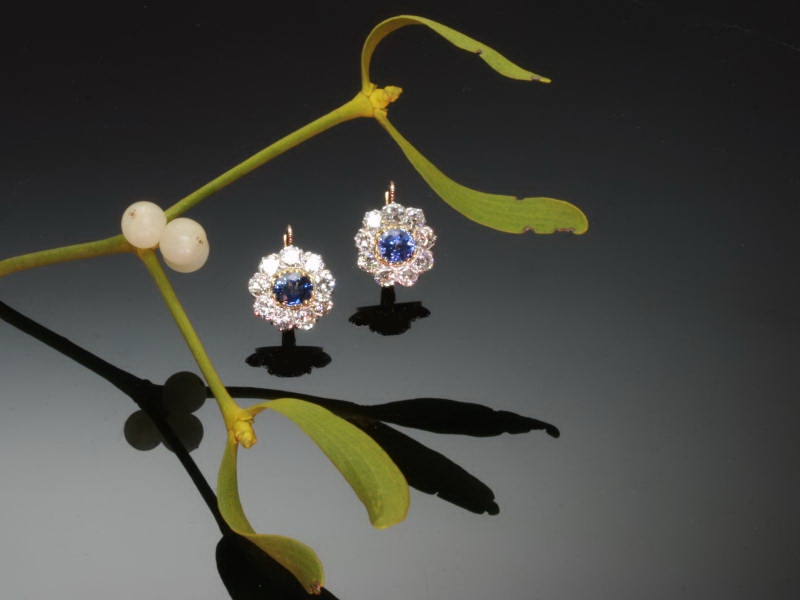 |
"I spent all our Christmas decoration budget
on these beautiful earrings for you...
I hope you don't mind?"
Rubies are red my love,
sapphires are blue-hue-hue
Dear {Voornaam},
This will be the last mail of a serie of three without the usual weekly cute special picture or back-ground information. Don't worry this will be as much "hard marketing" as you can expect from us in a whole year. Rest assured that it will take another year before we will brag again about all those beautiful pieces of antique and estate jewelry that can be bought online from us and that it will take only about 2 or 3 working days from the moment of buying to the moment it is delivered at your doorstep.
This week's theme is to draw your attention to the fact that you can choose by color on our site. No more "What's that blue stone called again?" or "What can I wear that matches my red dress?" ... now, in the header of our site, you can simply choose the color you are looking for and you'll be shown all our jewelry with that specific color in it.
We also would like to inform you that all orders till December 21st are still in time to be delivered before Christmas and that all orders will be specially packed in a free gift wrapping.
antiqually yours,
The Adin team
Antique and estate jewelry with something red
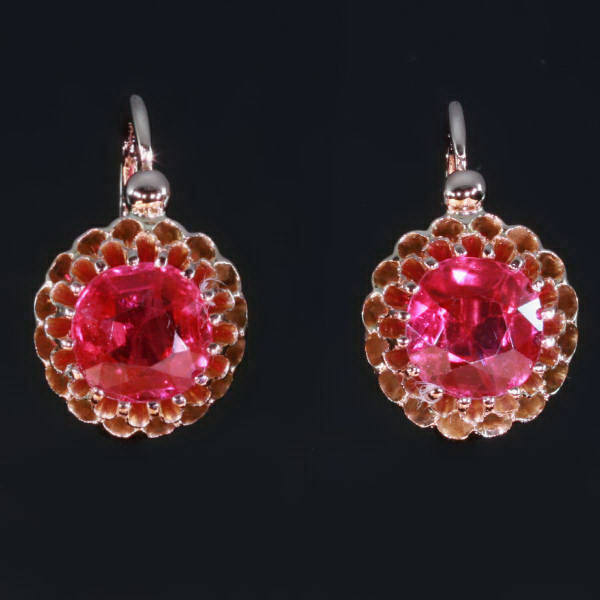 with red up to $2,000 |
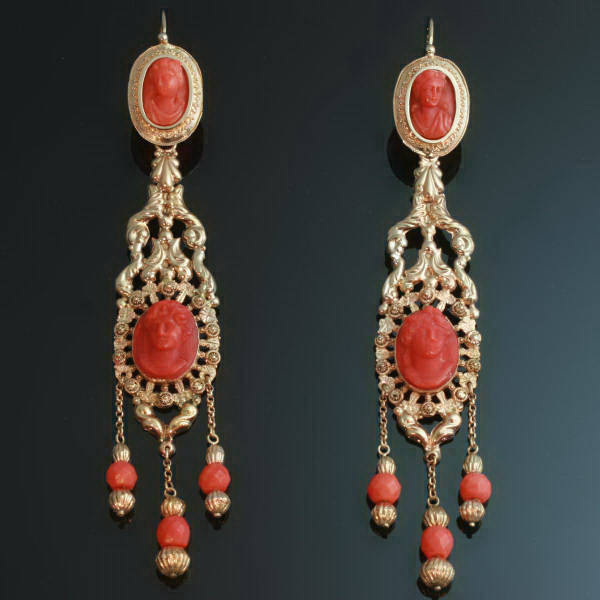 with red up to $7,000 |
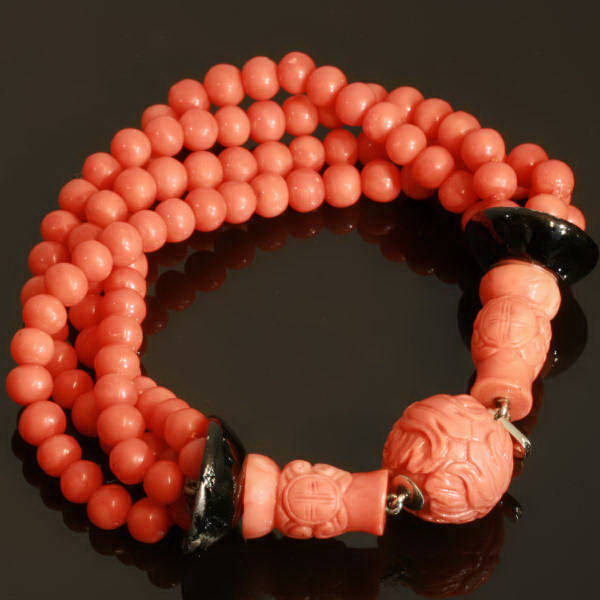 with red up to $15,000 |
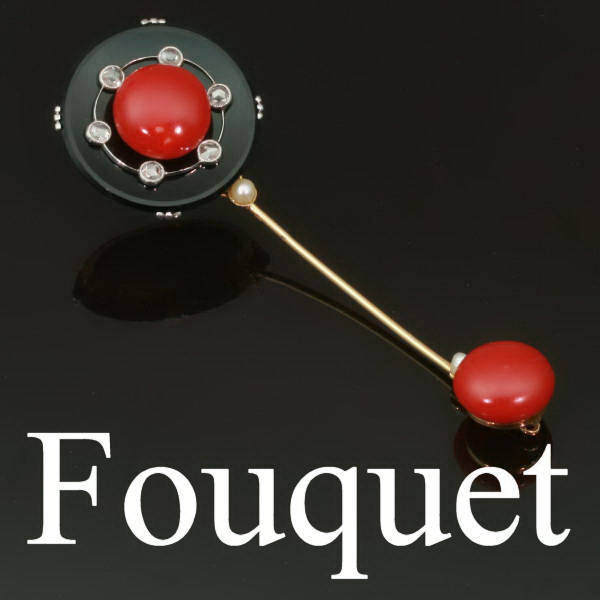 with red $15,000 + |
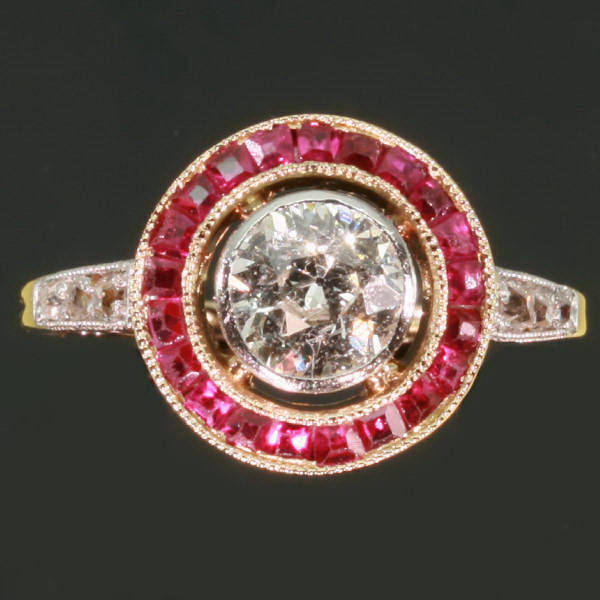 all red jewelry |
Antique and estate jewelry with something blue
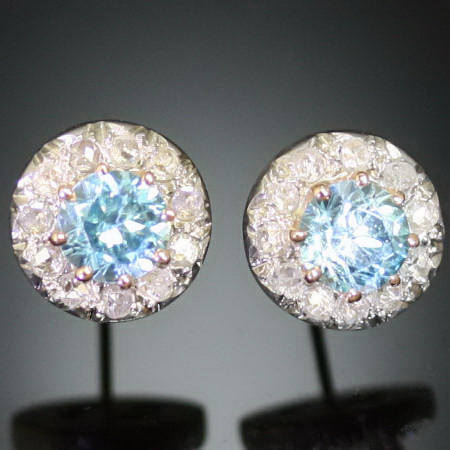 with blue up to $2,000 |
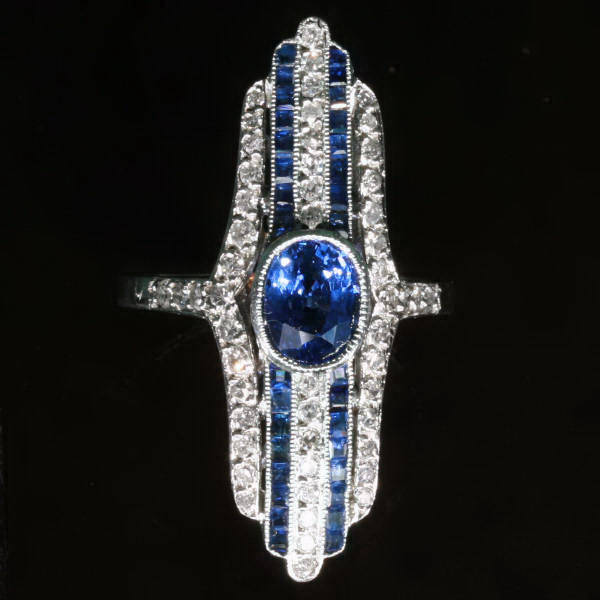 with blue up to $7,000 |
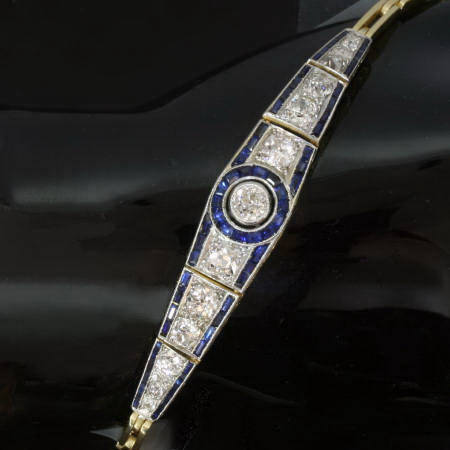 with blue up to $15,000 |
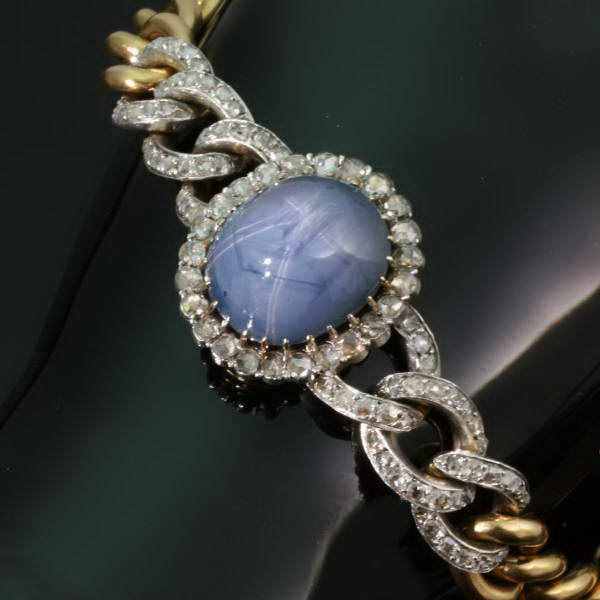 with blue $15,000 + |
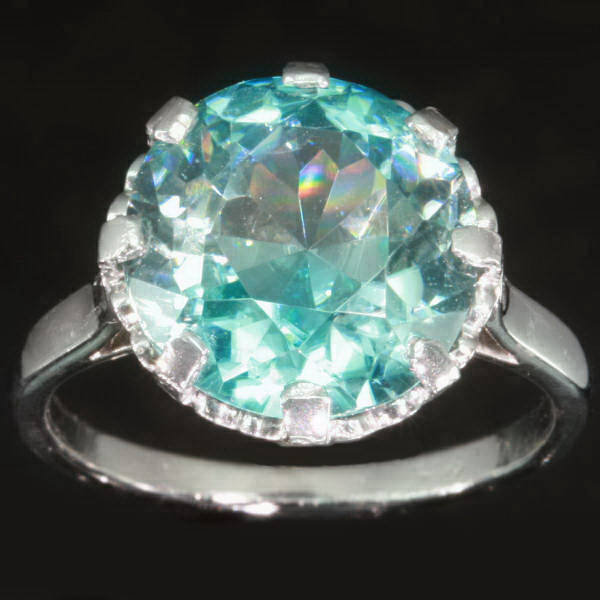 all blue jewelry |
Antique and estate jewelry with something green
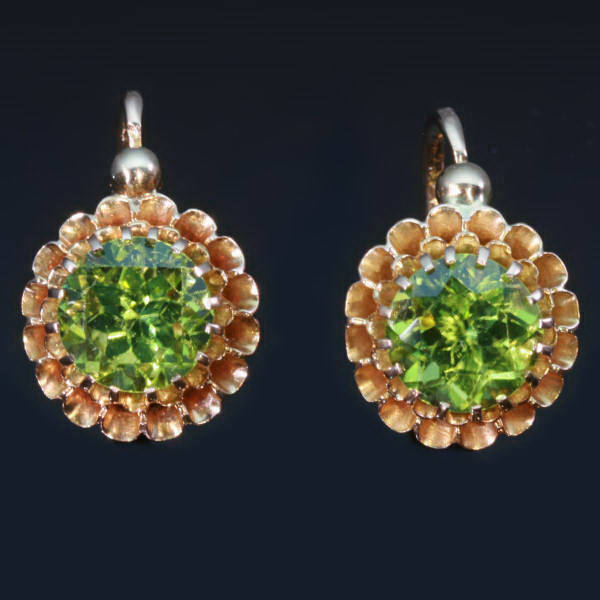 with green up to $2,000 |
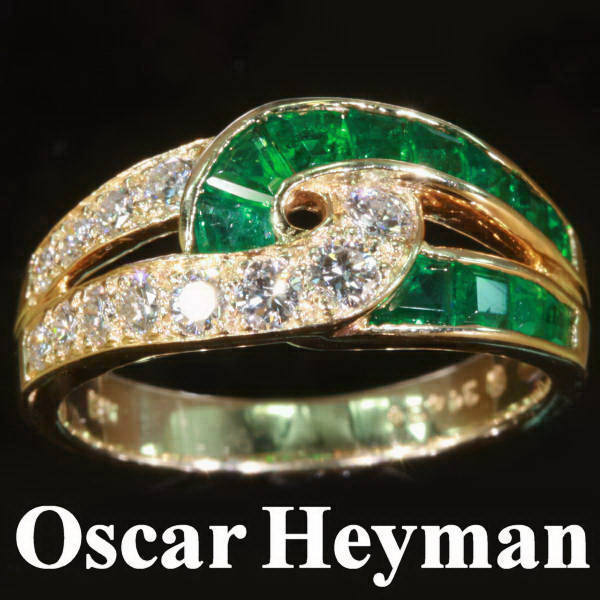 with green up to $7,000 |
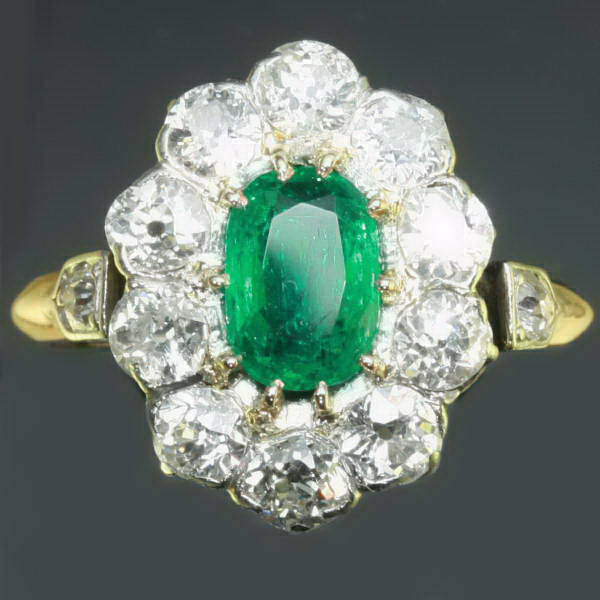 with green up to $15,000 |
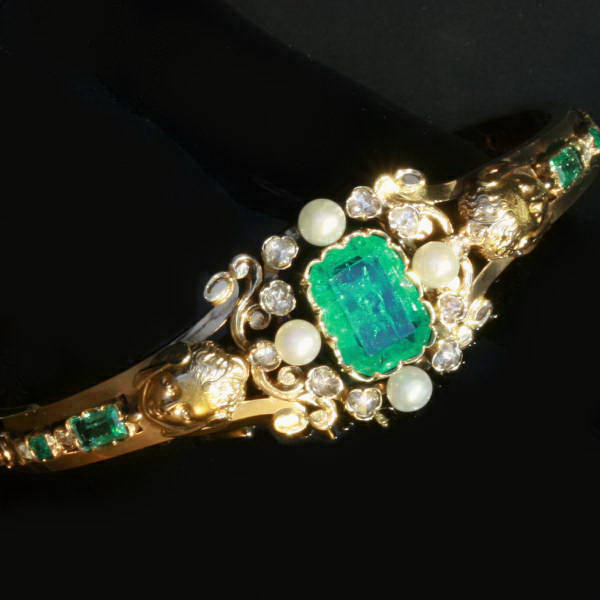 with green $15,000 + |
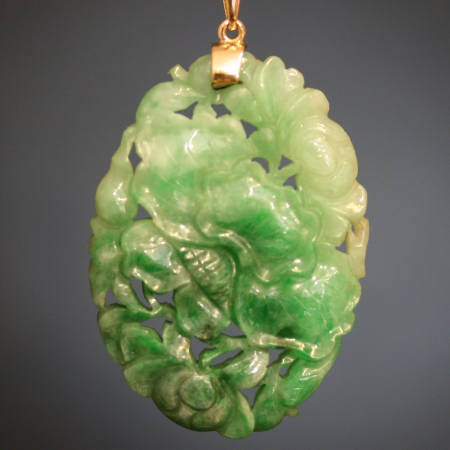 all green jewelry |
Antique and estate jewelry with something yellow
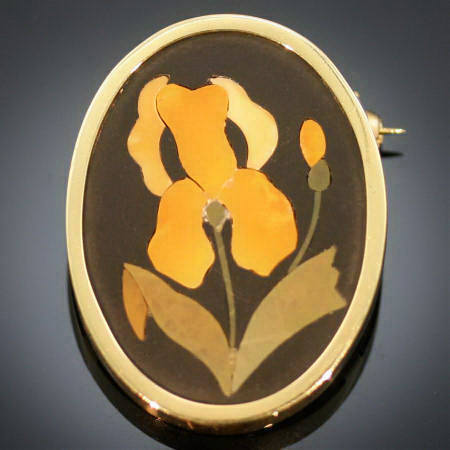 with yellow up to $2,000 |
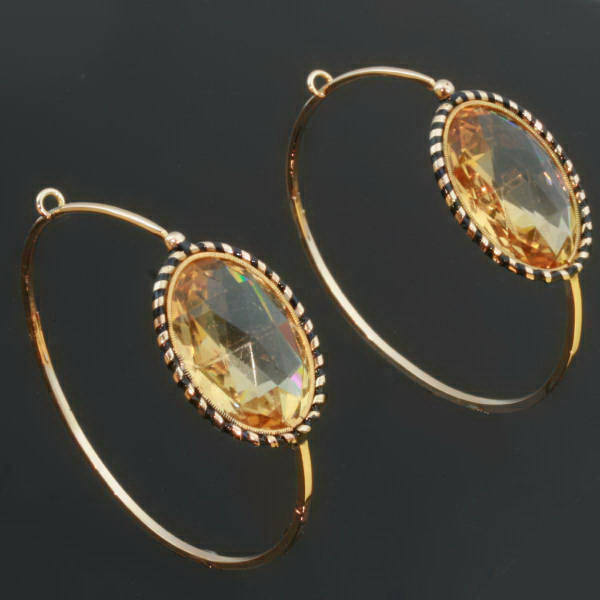 with yellow up to $7,000 |
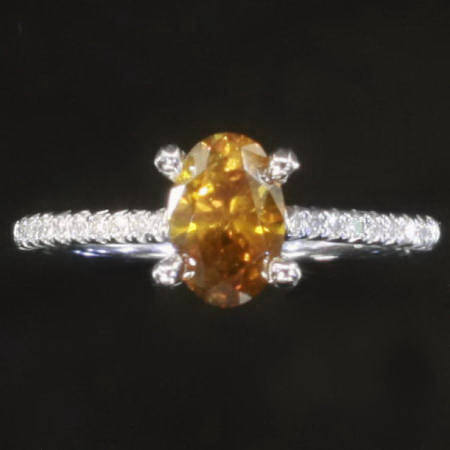 with yellow up to $15,000 |
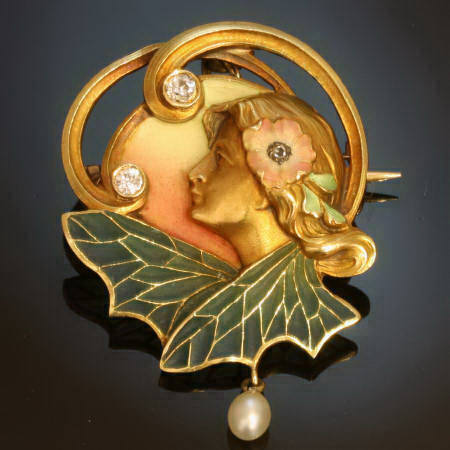 with yellow $15,000 + |
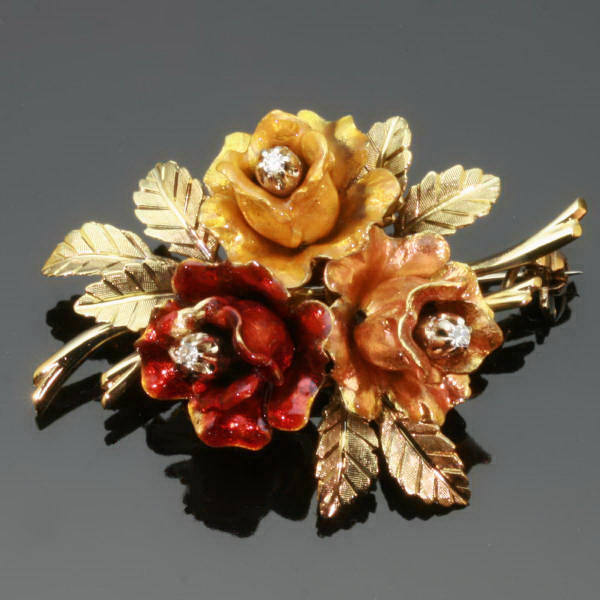 all yellow jewelry |
Antique and estate jewelry with something black
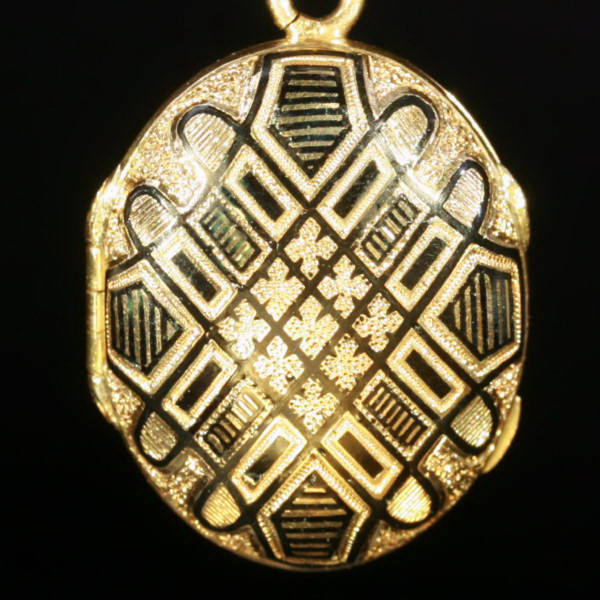 with black up to $2,000 |
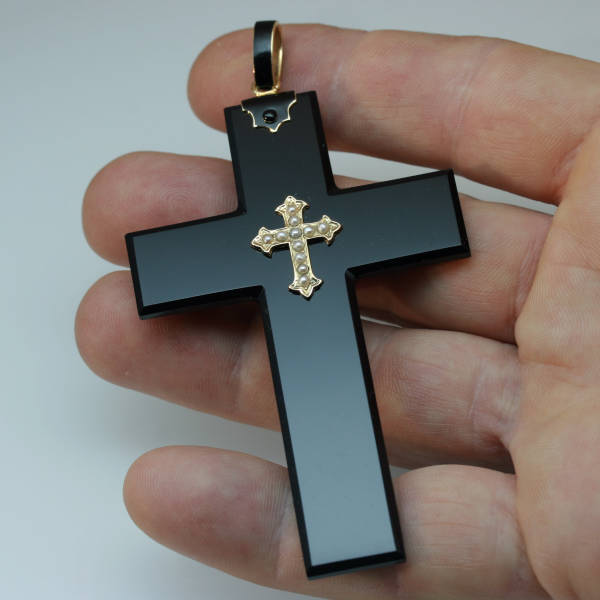 with black up to $7,000 |
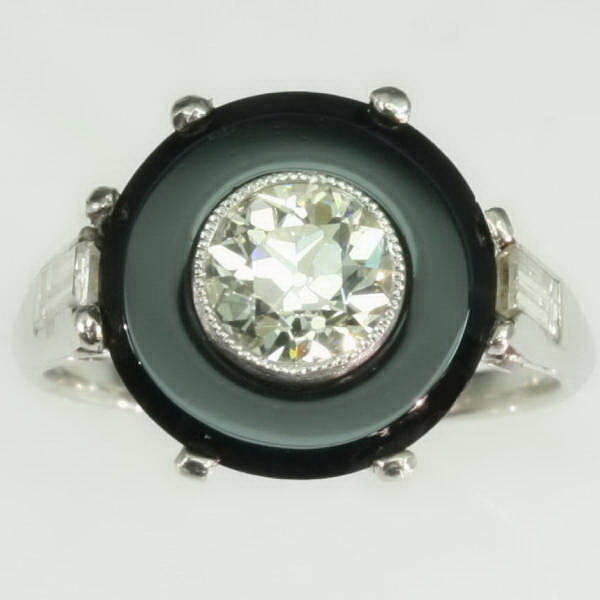 with black up to $15,000 |
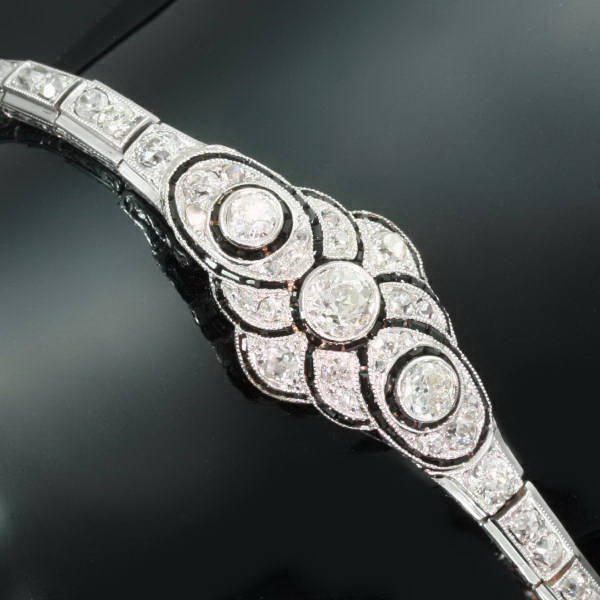 with black $15,000 + |
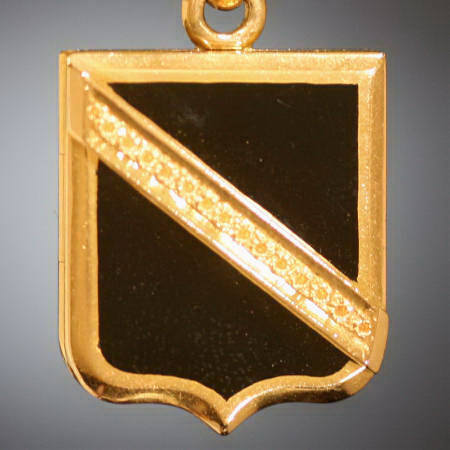 all black jewelry |
Exclusive Victorian Jewelry (1830-1900)
present suggestions part two
This time we would like to get your attention for an era that everybody heard about but perhaps would like to know a little bit more about: The Victorian era. Originally the term "Victorian jewelry" was designated for articles of jewelry made in the United Kingdom during the reign of Queen Victoria, but not all of the many varieties produced during her long reign, 1837-1901, are now generally classified as Victorian jewelry.
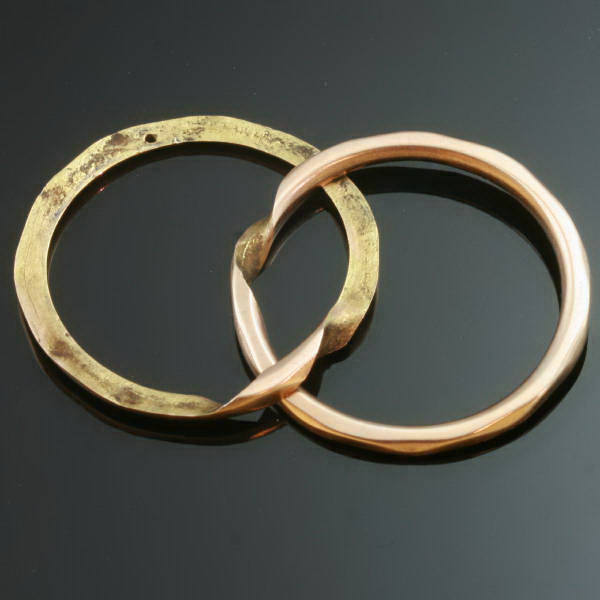 rings up to $700 |
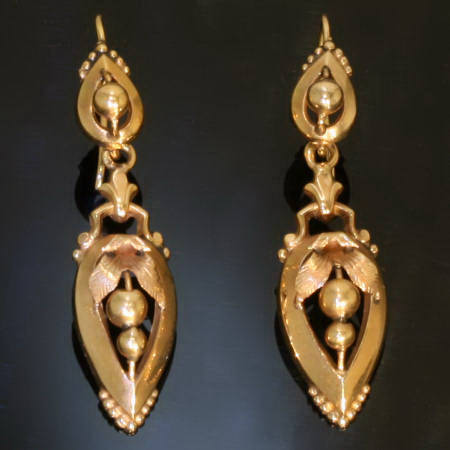 earrings up to $700 |
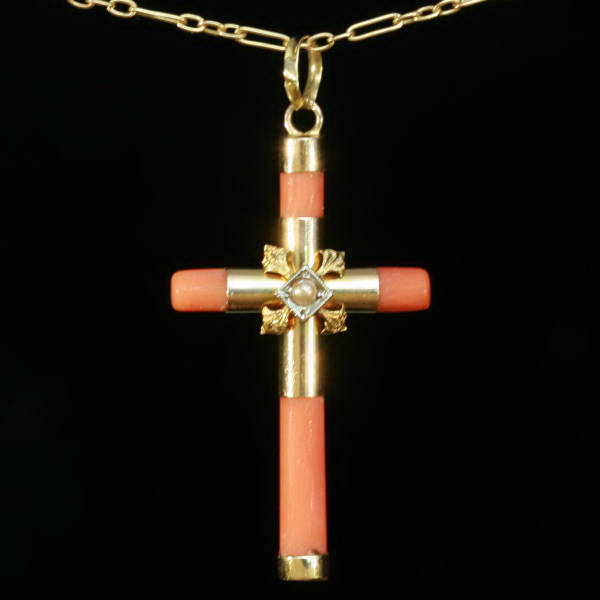 pendants up to $700 |
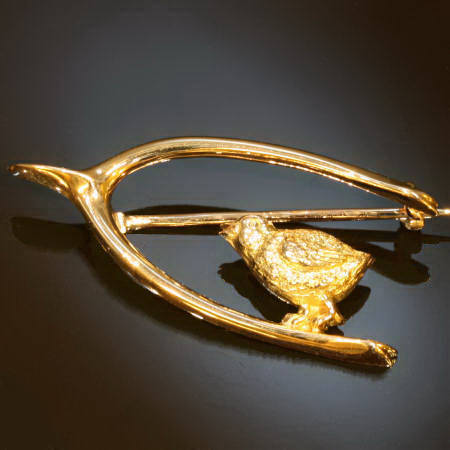 brooches up to $700 |
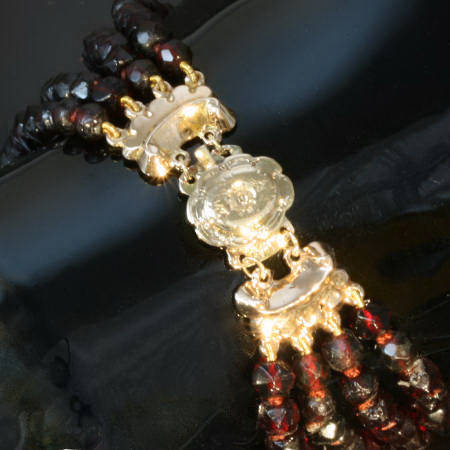 all jewelry up to $700 |
These days in the international antique jewelry trade the pieces now called Victorian jewelry are not necessarily made in the United Kingdom. The term "Victorian Jewelry" became a term used for European jewelry made in the 19th century rather then the description of a certain style-movement in a specific country.
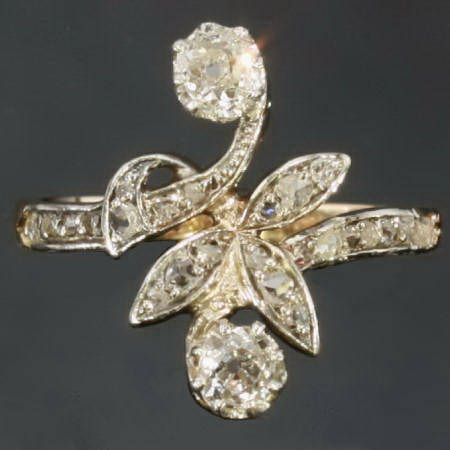 rings up to $2,000 |
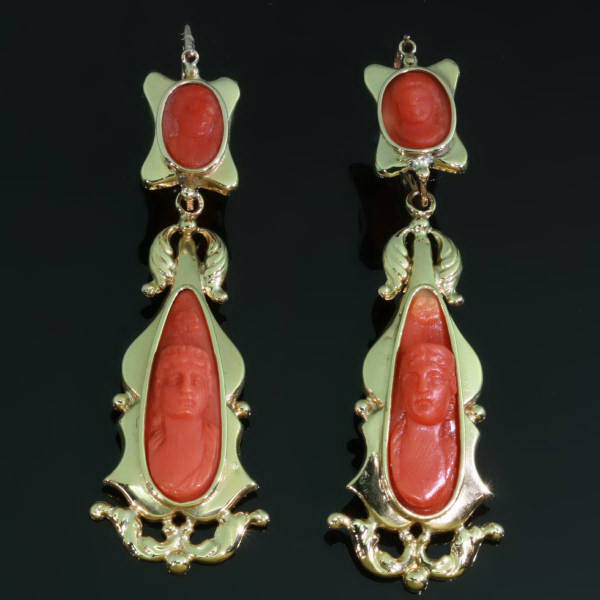 earrings up to $2,000 |
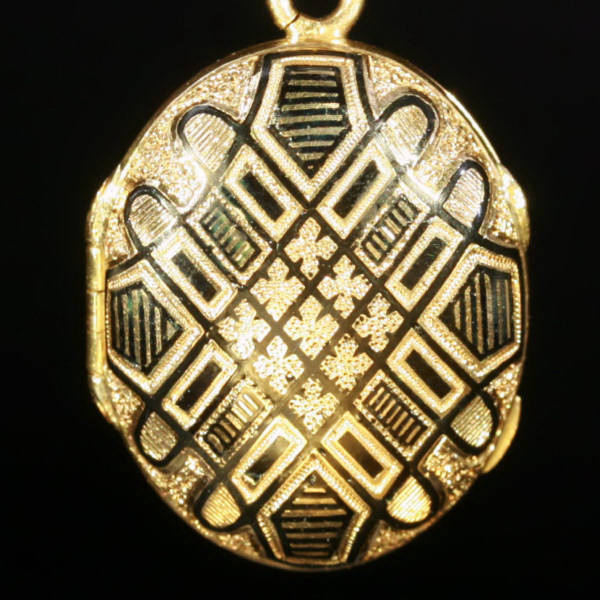 pendants up to $2,000 |
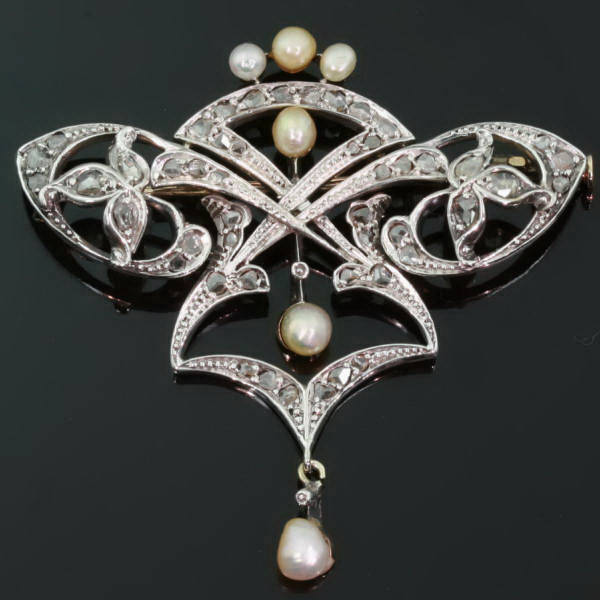 brooches up to $2,000 |
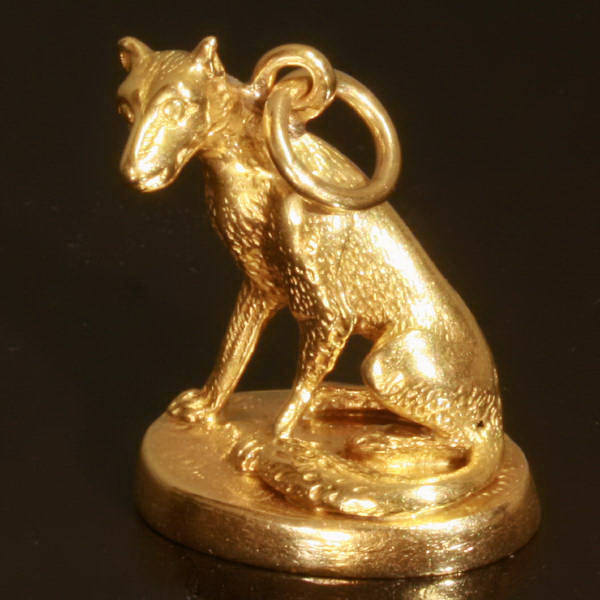 all jewelry up to $2,000 |
The Victorian era began in 1837 when a young Victoria ascended the throne of England. It ended over sixty years later when Queen Victoria died in 1901. During the early years of Victoria's reign, some jewelry was made in Gothic and Renaissance styles. The jewels of the period were often accented with seed pearls and coral. The middle period saw the vogue for ostentatious jewels decorated with the greatly increased supply of pearls and South African diamonds.
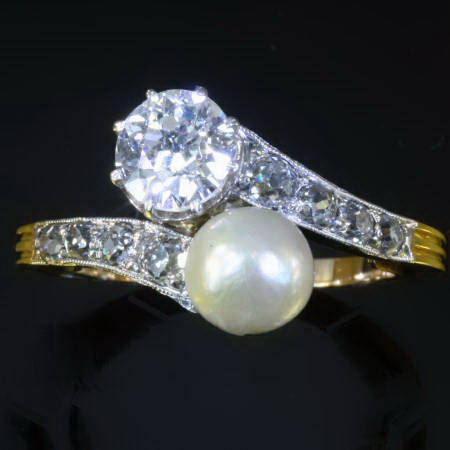 rings up to $7,000 |
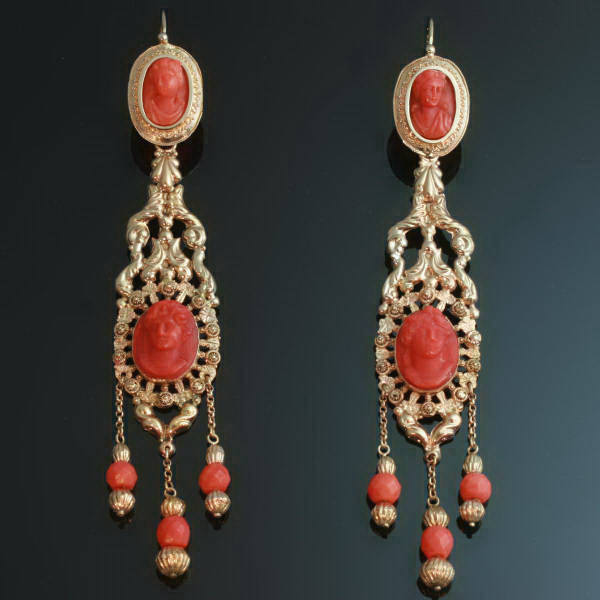 earrings up to $7,000 |
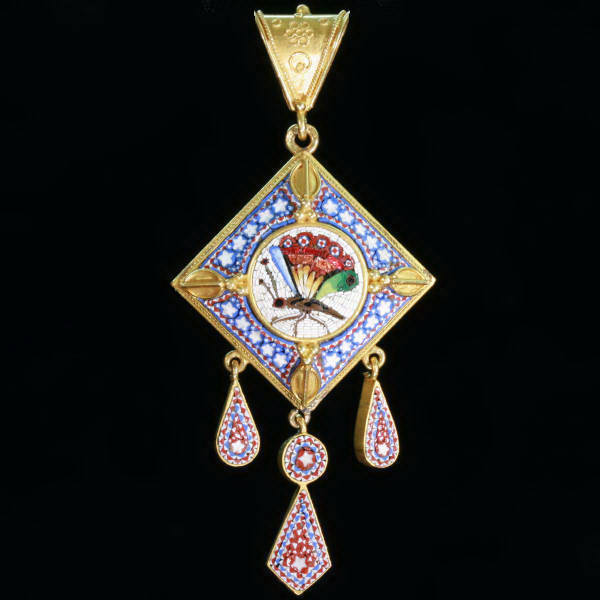 pendants up to $7,000 |
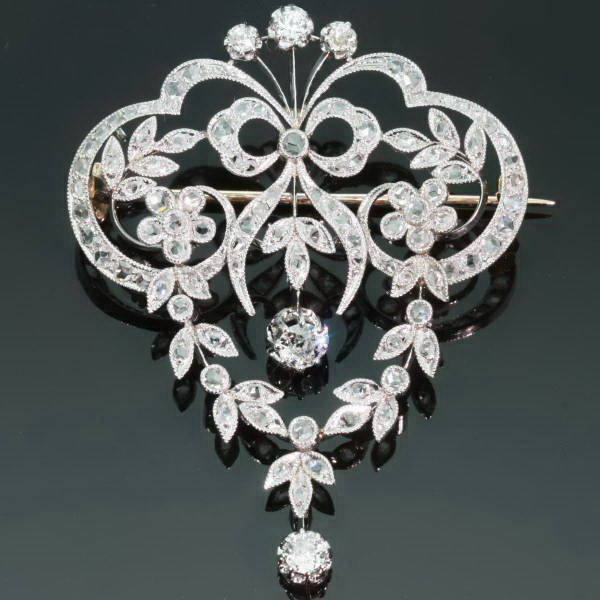 brooches up to $7,000 |
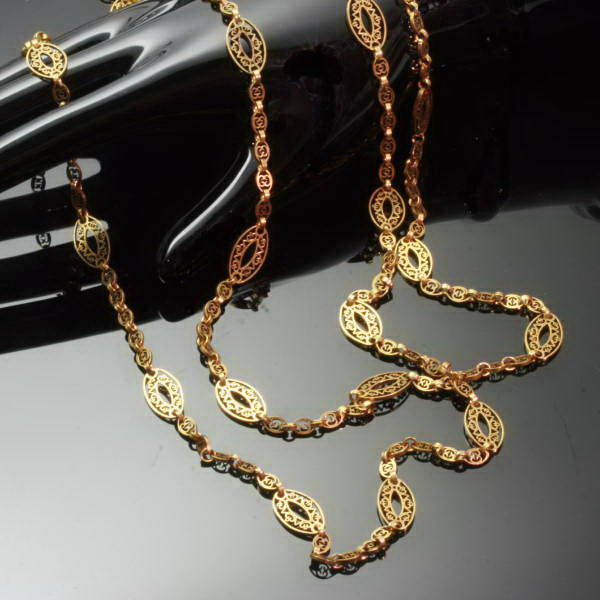 all jewelry up to $7,000 |
After the death of Prince Albert, 1861, mourning jewelry came greatly in fashion. Jewelry became darker with more somber tones. Dark onyx and deep red garnets set in gold jewels with black enamel tracery are a typical example of this period.
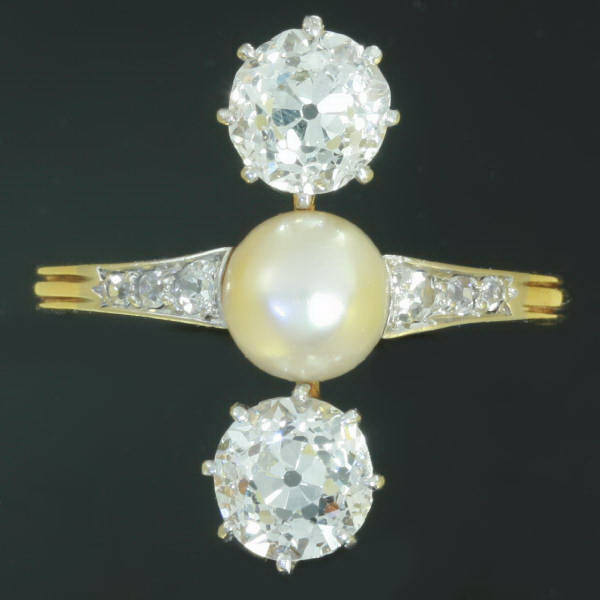 rings up to $10,000 |
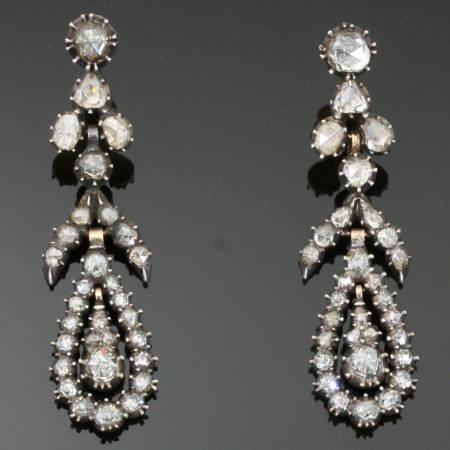 earrings up to $15,000 |
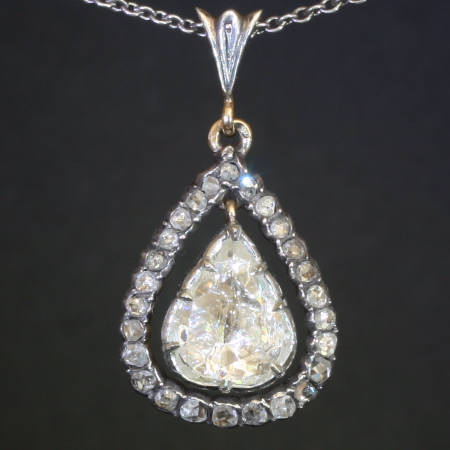 pendants up to $15,000 |
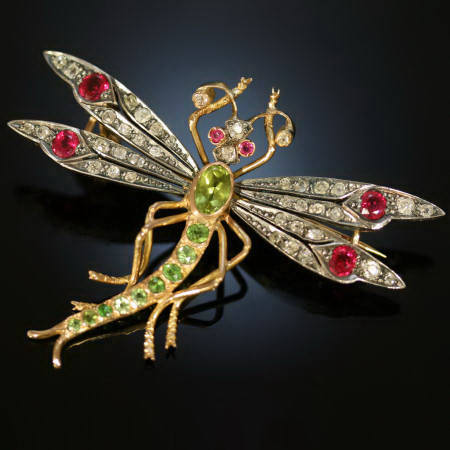 brooches up to $15,000 |
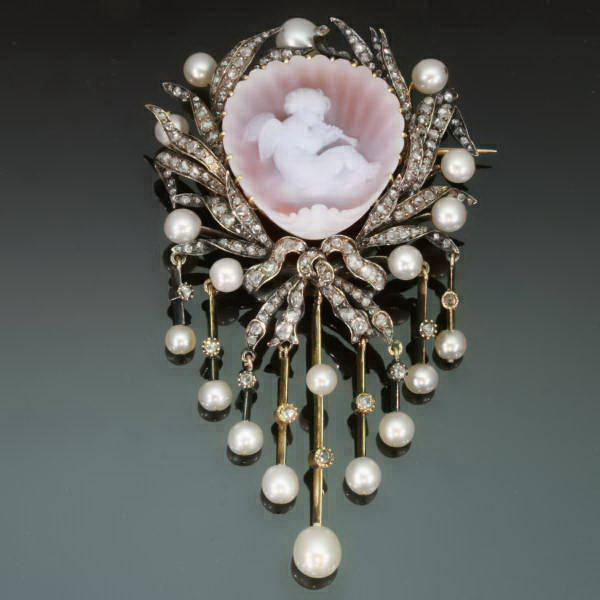 all jewelry up to $15,000 |
The 19th century saw a revival of interest in archaeological and historical jewelry, influenced by the excavations at Pompeii and the high-quality reproductions made by the Castellanis, Carlo Guiliano,and Gicinto Melillo, and the work of John Brogden. Much Jewelry was brought back by travellers as souvenirs, especially from India and Japan from c. 1850, and this was imitated in England during the 1860s to the 1880s.
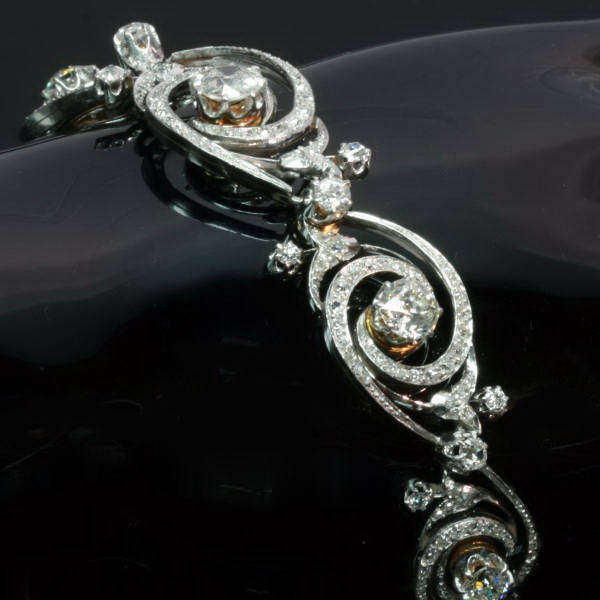 Victorian $15,000 + |
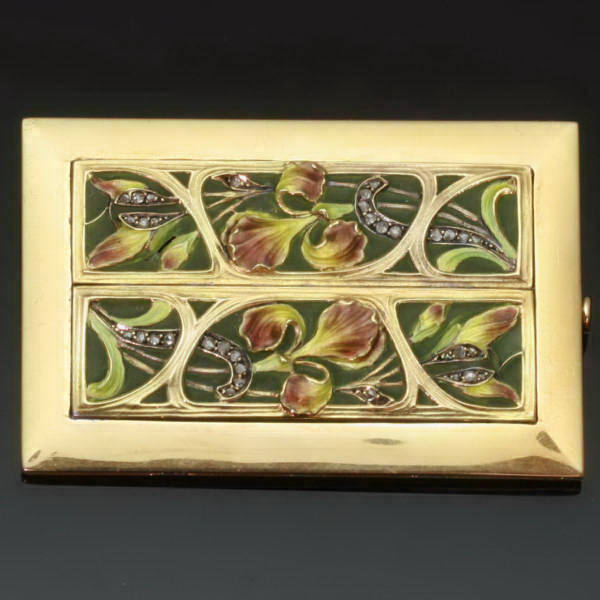 Art-Nouveau $15,000 + |
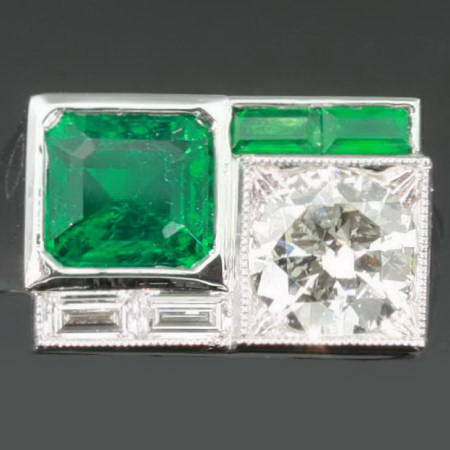 Art-Deco $15,000 + |
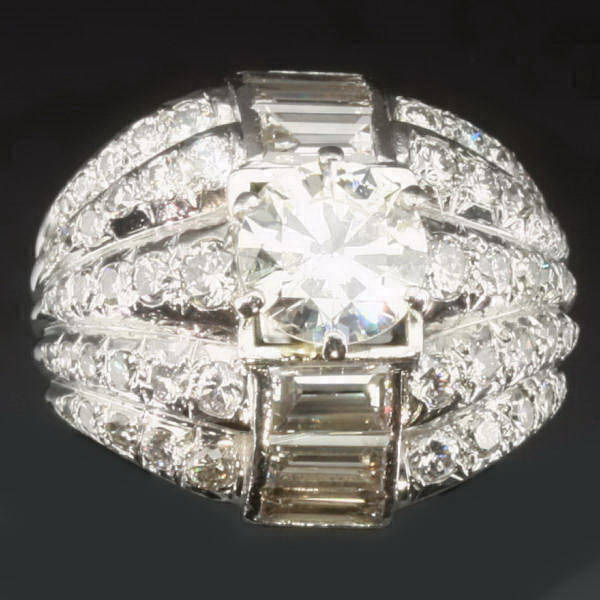 Estate $15,000 + |
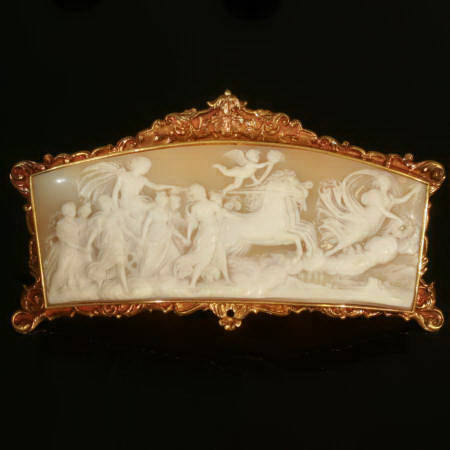 all jewelry $15,000 + |
Suggestions for
Thoughtful and Exclusive Presents
(part 1)
Dear fellow antique and estate jewelry afficionado,
Eleven months a year we try to amuse you with a weekly cute antique jewelry related mail. However, this time we take the liberty of sending you a mail (the first of a serie of three) without any special picture or back-ground information on symbolism, style or era. This will be just a list of present suggestions.
Don't worry, these three mails (spread over three weeks) will be as much "hard marketing" as you can expect from us in a whole year. Rest assured that it will take another year before we will brag again about all those beautiful pieces of antique and estate jewelry that can be bought online from us and that it will take only about 2 or 3 working days from the moment of buying to the moment it is delivered at your doorstep.
antiqually yours,
The Adin team
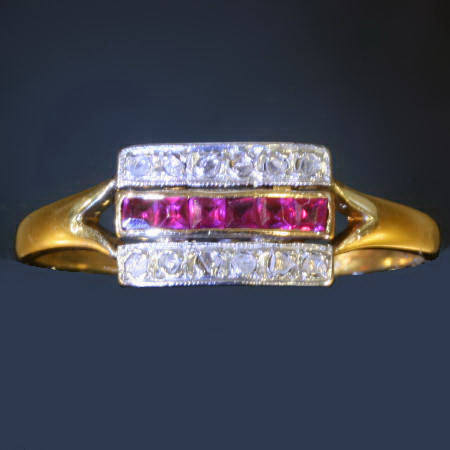 rings up to $700 |
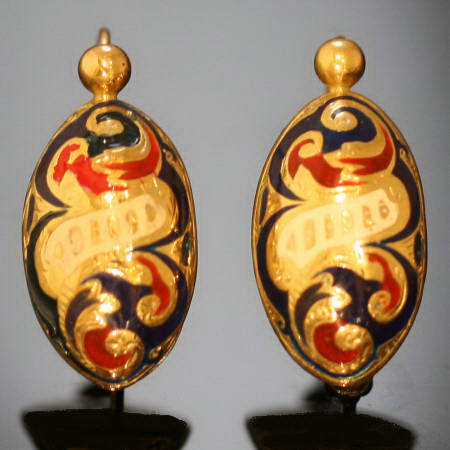 earrings up to $700 |
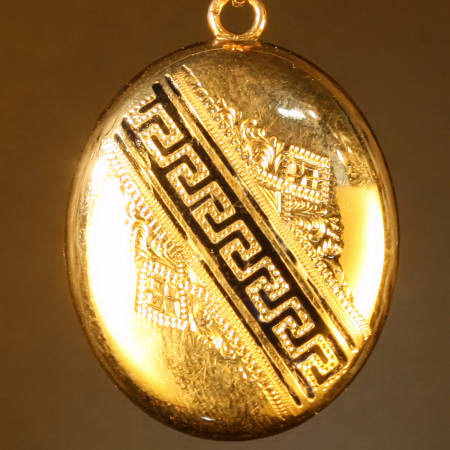 pendants up to $700 |
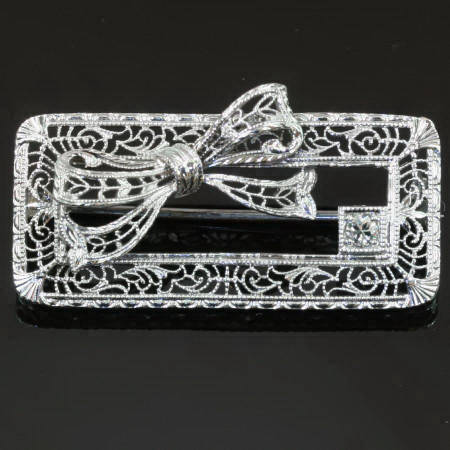 brooches up to $700 |
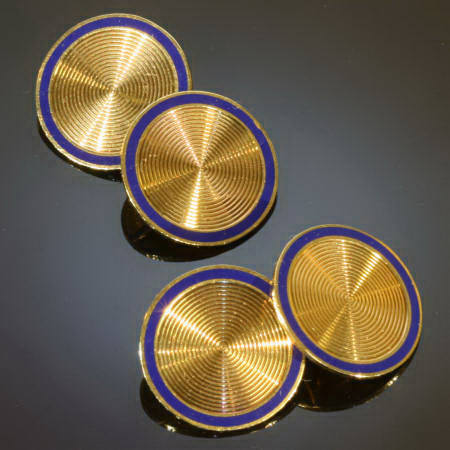 all jewelry up to $700 |
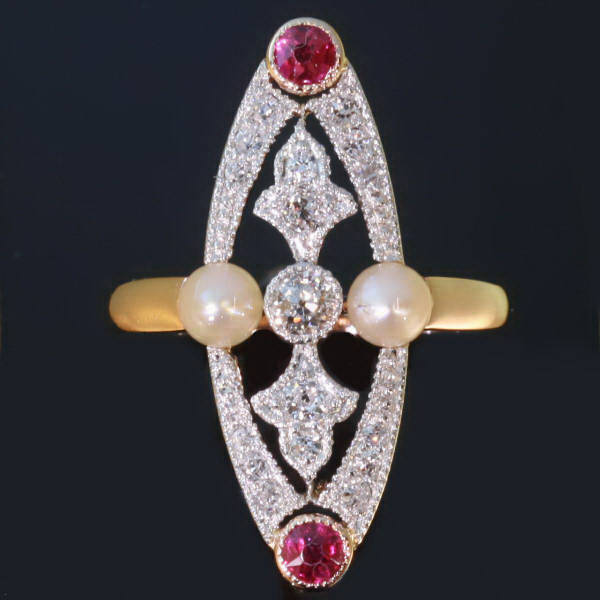 rings up to $2,000 |
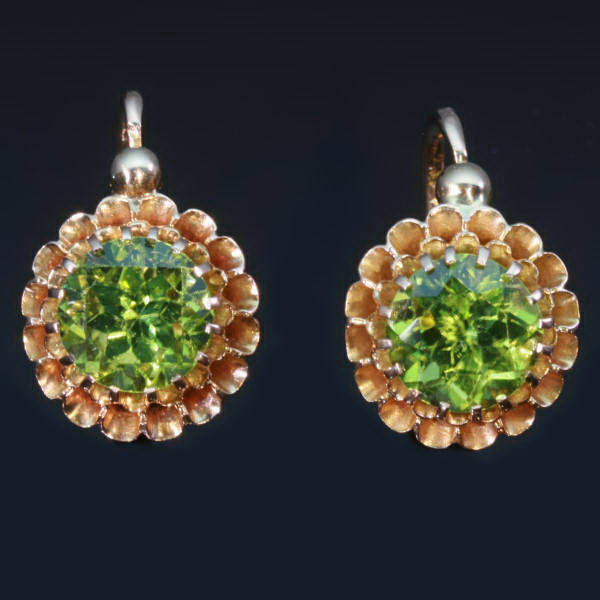 earrings up to $2,000 |
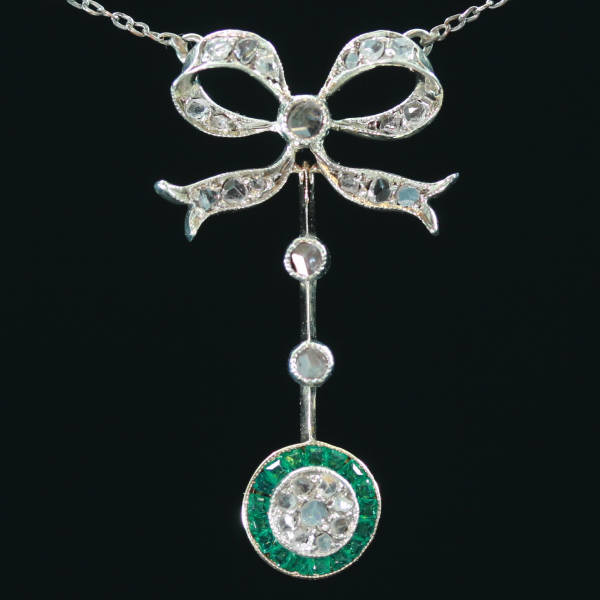 pendants up to $2,000 |
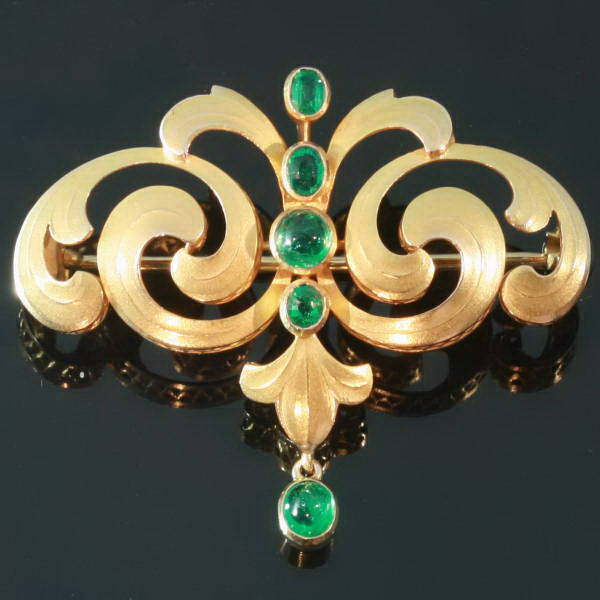 brooches up to $2,000 |
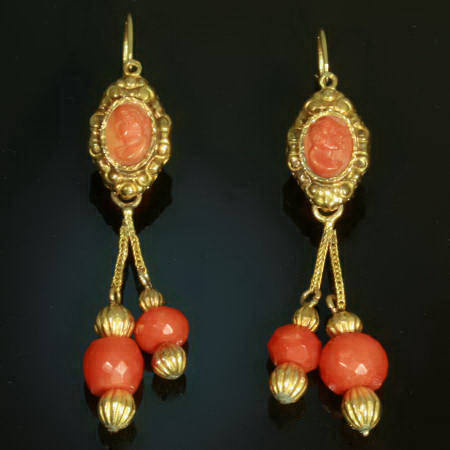 all jewelry up to $2,000 |
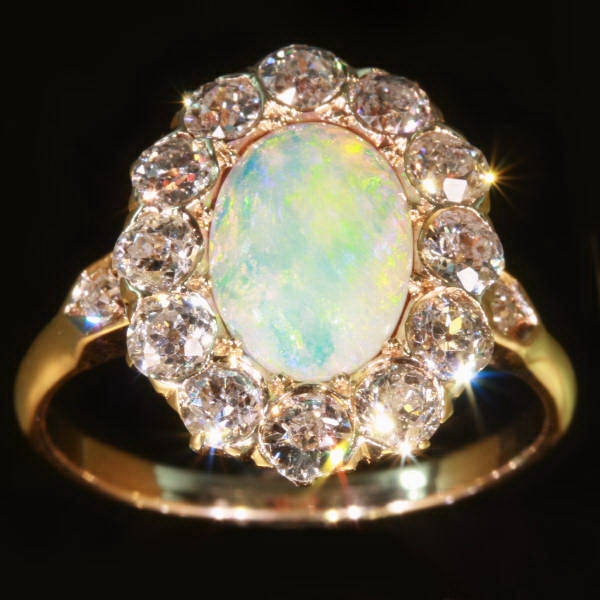 rings up to $7,000 |
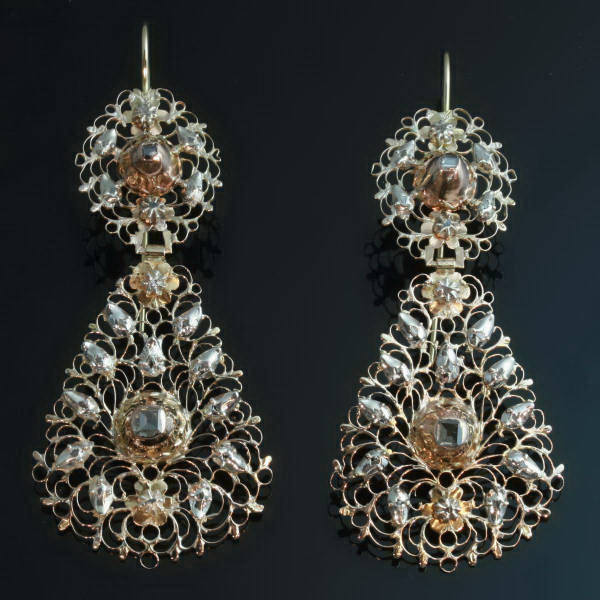 earrings up to $7,000 |
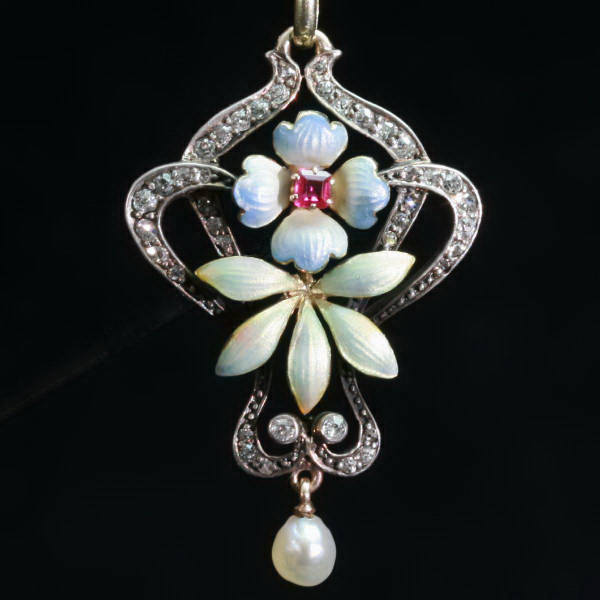 pendants up to $7,000 |
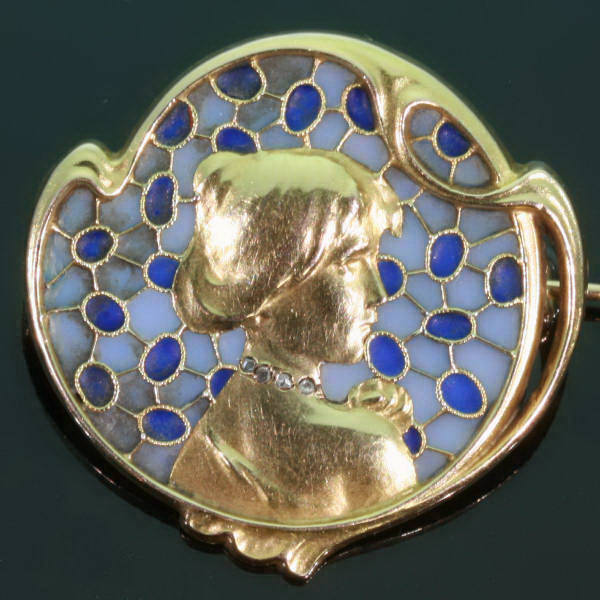 brooches up to $7,000 |
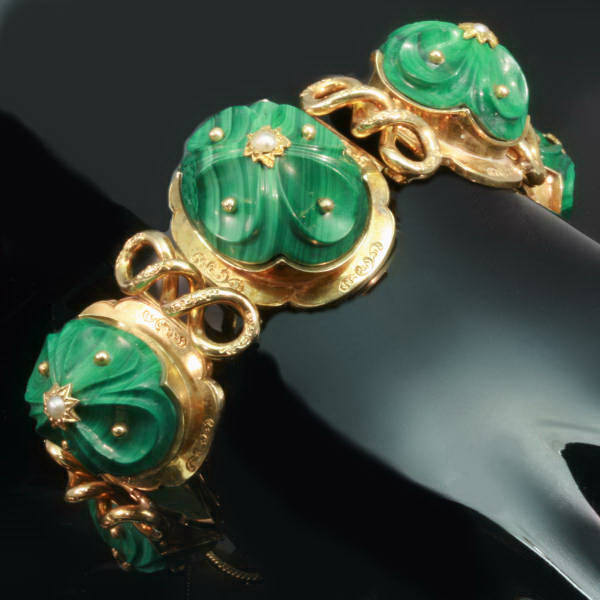 all jewelry up to $7,000 |
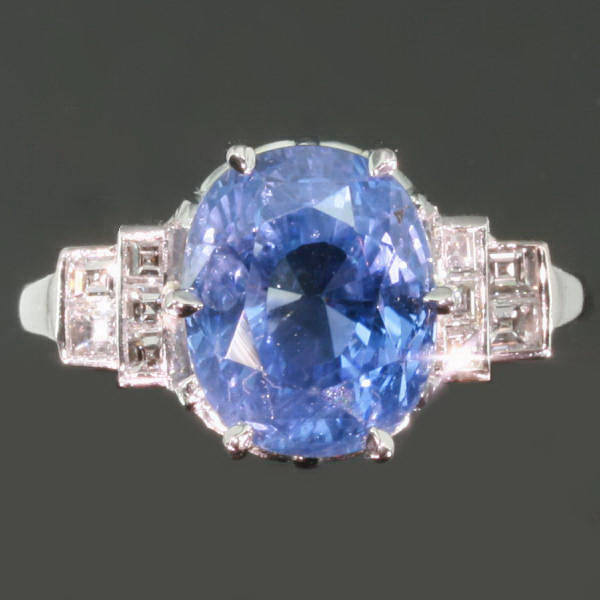 rings up to $15,000 |
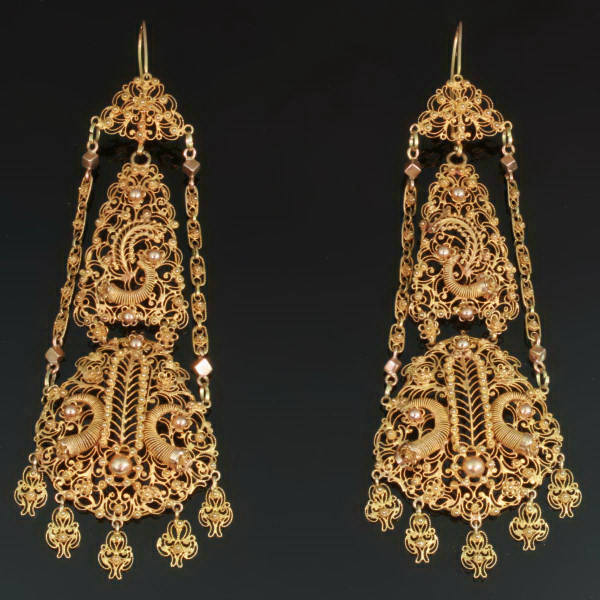 earrings up to $15,000 |
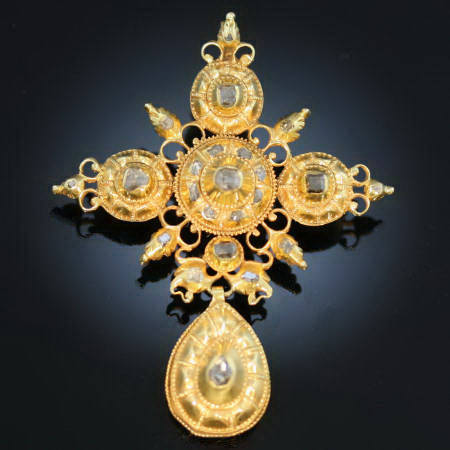 pendants up to $15,000 |
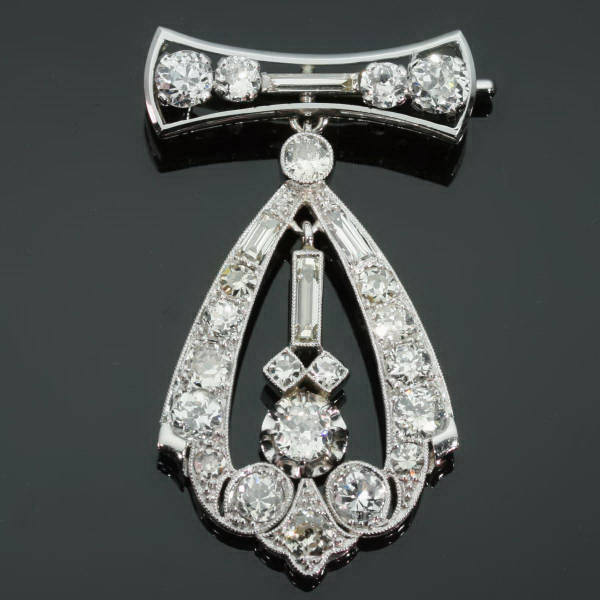 brooches up to $15,000 |
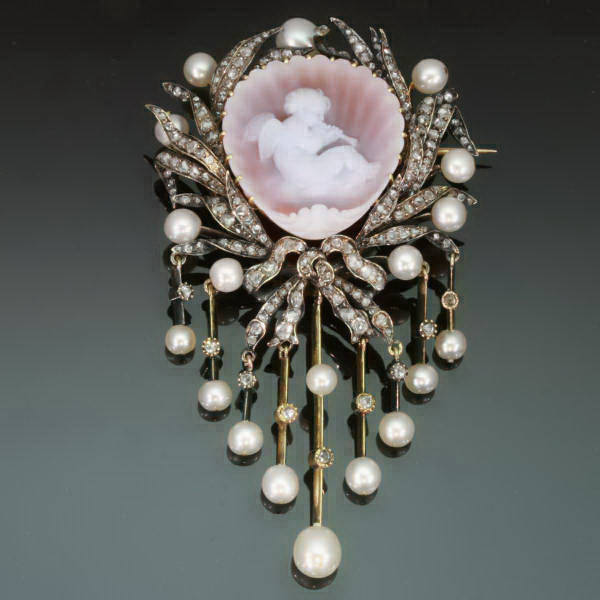 all jewelry up to $15,000 |
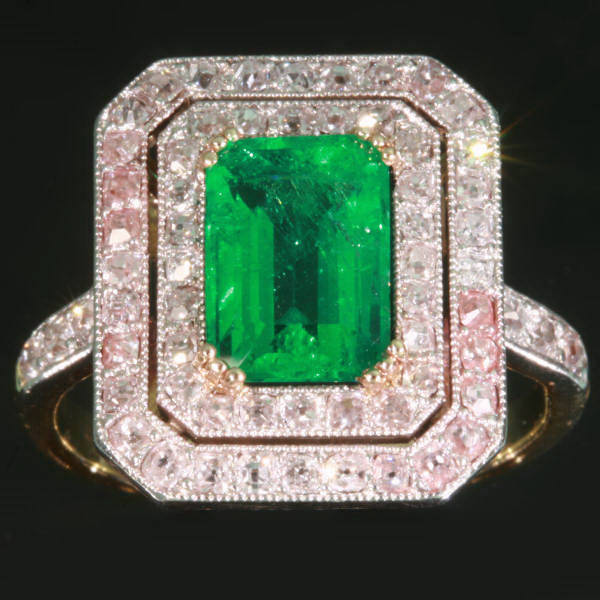 rings $15,000 + |
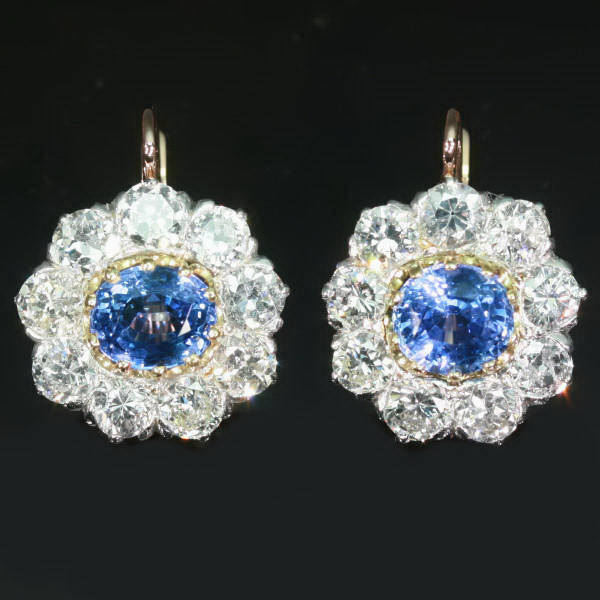 earrings $15,000 + |
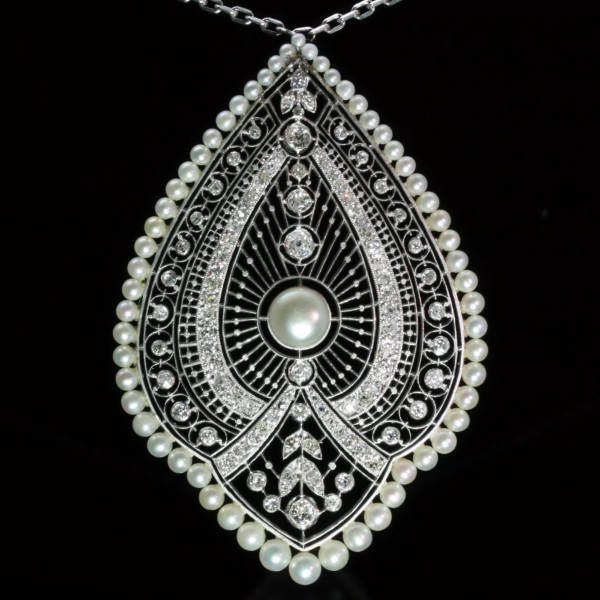 necklaces $15,000 + |
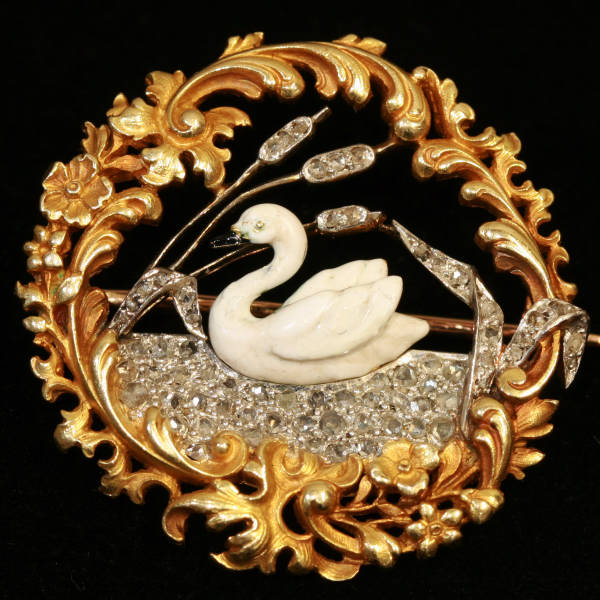 brooches $15,000 + |
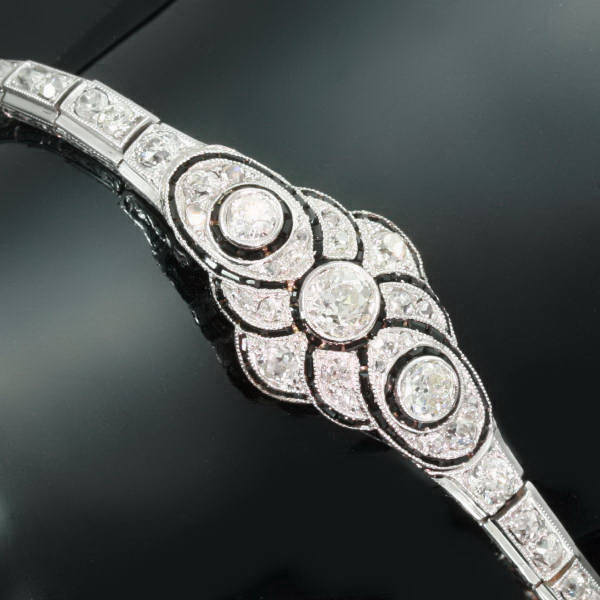 all jewelry $15,000 + |
Imagine this:
Wearing a Medieval 700 year old brooch!
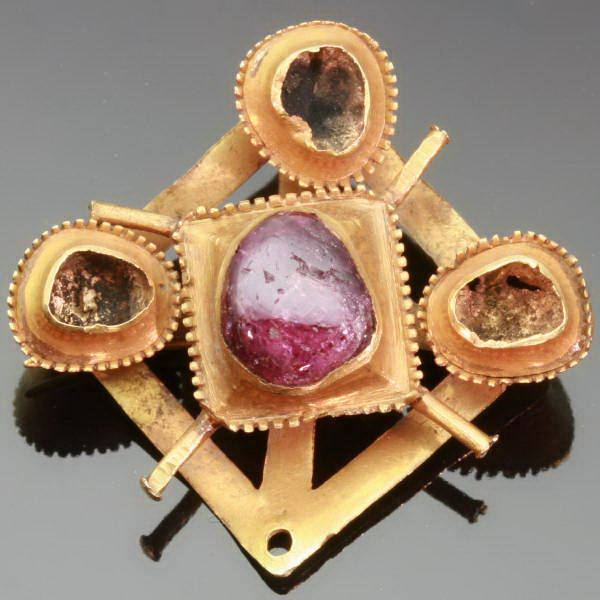 |
This brooch was offered to us in the shop in this condition. Made somewhere between 1300 and 1400 (always hard to pin-point exactly). We decided to leave it untouched as we think that any repair or alteration to this jewel won't do it justice as it will take away its genuine character.
What do we see? Born as a cross, with a center stone that is either ruby or spinel and three remaining settings, most likely for the same type of stone as in the center. Three remaining, as it is obvious that there was a fourth setting. The little pins sticking out of the center, where most likely meant to keep pearls in its place. We can still see the rubbed ends of the pins, showing a sort of riveting technique. We also think the brooch has been in the ground for a long time, long enough to have the pearls dissolved.
It still has its original stick pin and closure. Just imagine when people ask you "What strange thing are you wearing?" and you can say that it's a piece that is some 700 years old!
An extraordinary piece with true charisma!
Mistakes that can be made
with buying antique jewelry:
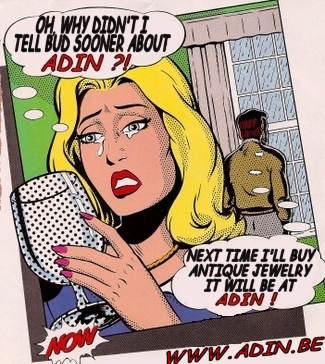 |
Papal cross with hidden space!
(from the longest reigning pope in history)
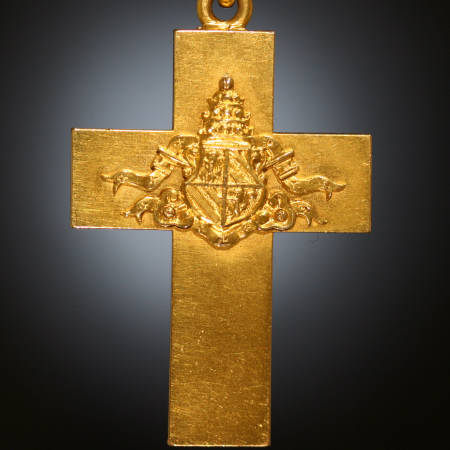 |
Two extraordinary characteristics in one piece of antique jewelry; a popal jewel and a hidden space!
To find an original piece of antique jewelry with papal arms is a very rare thing indeed, even for us. And then to find one which commemorates a unique situation in papal history is even more rare. The coat of arms on this cross belong to Pope Pius IX who was the longest reigning pope in history (31 years). This unique bishops cross is made in solid 18K warm yellow gold and bears on one side the papal coat of arms and on the other side a Latin text. This Latin text at the back explains that this cross was given to (arch)bishops at the pope's golden episcopal jubilee in 1877 (MDCCCLXXVII).
As the coat of arms is attached to the cross with little golden screws we decided to carefully open it and we found a secret place! With the closer examination of this well-hidden space we found that it was filled with some darker colored material (see picture in the describing page of this jewel). We did not want to touch it, so we do not know what it is but we wouldn't be surprised would it be some sort of relic. Normally we clean all jewelry before we offer it for sale but for obvious reasons we did not touch this jewel in order to leave it in its original condition.
MOOOOHAHAH HAPPY HALLOWEEN !!!!!!!
(this is as scary as we can be)
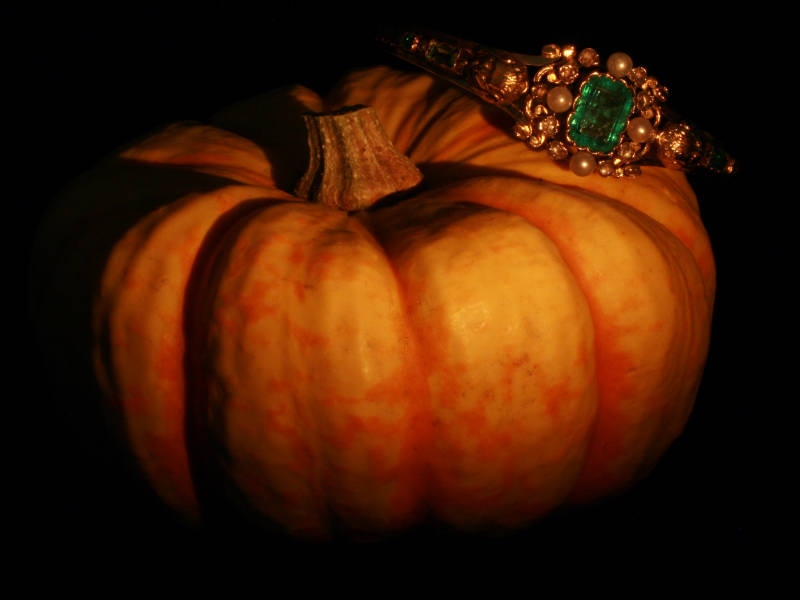 |
What an intriguing bangle we have here. Its center stone a truly nicely vivid green colored emerald and flanked by three-dimensional crafted human heads in gold. A typical product of the French Haute Joaillerie (highest quality jeweler's craftmanship) presented in a box by Bapst & Falize. Click the picture to read more about it.
Real Antique Rings
(enjoying jewelry with a history)
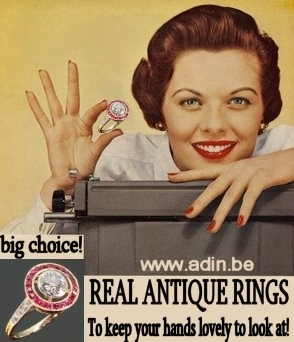 |
Stylish Women Prefer: Adin Antwerp - Next time you attend a smart house party, make this test: Ask every woman there where she bought the antique ring she is wearing. It is almost a certainty that the majority tells you “Adin in Antwerp”. But that is only natural. Adin was first to discover that an Antique Ring is no longer a mere cosmetic. It's a style accessory.
And so fashionable women everywhere look at Adin for their Antique Rings as surely as they look to Paris for styles in clothes. Adin Antique Rings retain their lustre longer. And as everyone knows, they sparkle and shine.
Try Adin Antique Rings. Continuously fresh stock coming in! Fashion right!
Natural orient pearl necklace
Rare!
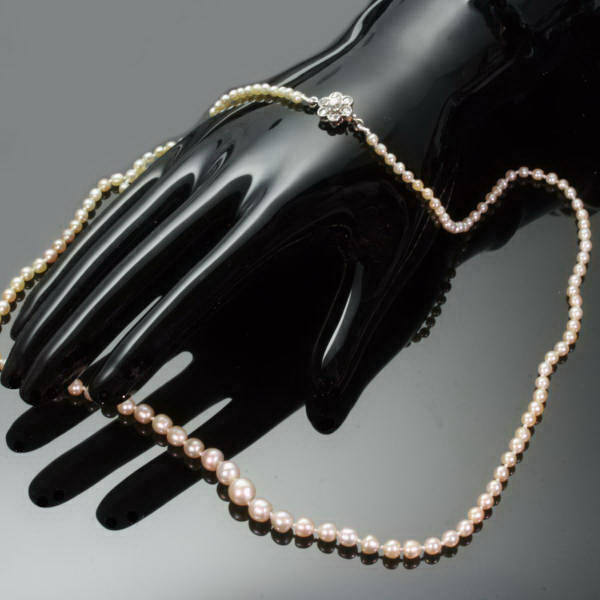 |
In contrary to cultured pearls, the most valuable pearls occur spontaneously in the wild, but they are extremely rare. These wild pearls are referred to as natural pearls.
The finest quality natural pearls have been highly valued as gemstones and objects of beauty for many centuries, and because of this, the word pearl has become a metaphor for something very rare, fine, admirable, and valuable.
We are proud to have some real natural pearl necklaces in our collection and we invite you to take a look at them.
BE HAPPY!
GO ADIN!
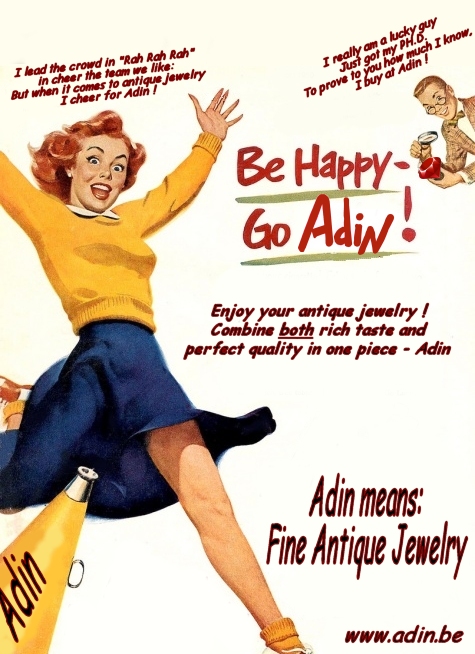 |
Perfect customer service? You bet. Scientific tests, combined by three independent consulting laboratories (mothers from people of the Adin-team), prove that the folks at Adin are nicer than any other principal brand.
Rich taste en perfect quality? Yes, the full, rich taste of truly fine antique jewelry. Only fine antique jewelry gives you both real happiness and rich taste. And Adin means fine antique jewelry. So enjoy the happy blending that combines perfect happiness with a rich, true taste. Be Happy - Go Adin!
Garden of Adin's latest gossip:
Micromosaic Butterfly and Ladybug seen together!
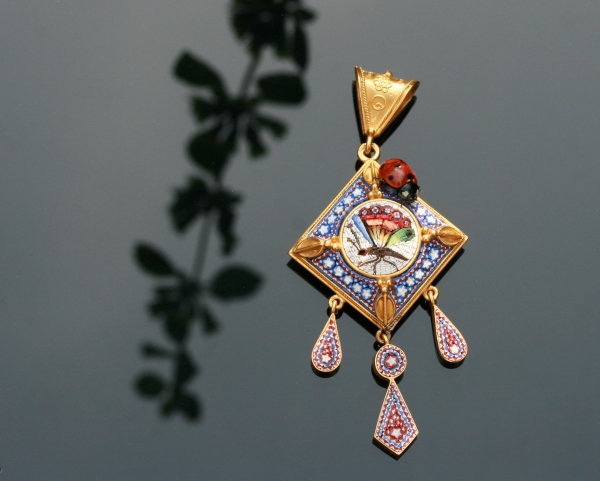 |
Micromosaic is made from many small adjacent pieces (tesserae) of inlaid varicoloured glass or stone arranged to form a picture or design. For articles of jewelry, the mosaic was usually made in the form of medallions set in brooches, pendants, necklaces, finger rings, ear-rings, parures, etc.
Such work has been done principally in Italy, some being executed with skill and artistry in the 19th century, but many pieces being made in recent years as tourist souvenirs, with large tesserae of stone or glass that are roughly set, and sometimes with some painted portions. Pieces of good quality were mounted in gold frames, including some made by the Casa Castellani in Rome. The fashion for mosaic jewelry in England was mainly in the period 1820-60.
Mosaic work in jewelry was of two types:
- Roman or Byzantine mosaic, with the tesserae made of glass, set into molten glass, and fused together
- Florentine mosaic. (Venetian mosaic) made of slices of coloured glass canes, usually making a millefiori pattern, was seldom used for pieces of jewelry.
In both types the decorative motifs were often pictorial views of ancient ruins or famous buildings, and in the 1820s Egyptian motifs, but by the mid-l9th century the usual subjects had become more sentimental, e.g. flowers and pet dogs. The Florentine mosaic was imitated in Derbyshire, England, in the late 18th to early 19 century, by using local black marble and feldspar.
About griffins and dragons
September 10th, mark that day!
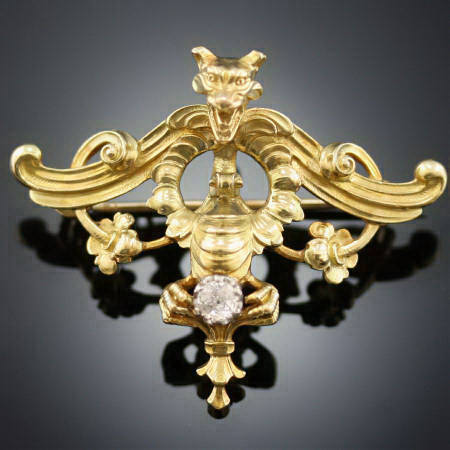 |
Dear Friends,
Our apologies for not bringing our weekly email to your inbox for some weeks now. We have been very busy co-organizing the first dragon boat festival ever in Belgium.
The opening of the festival will be done by the Chief Executive of Hong Kong, the Honourable Donald Tsang!
In case you are in the position to be in Antwerp Saturday, September 10th, you are most welcome to visit the First Port of Antwerp Dragon Boat Festival. (www.antwerpdragons.com)
Even better: let us know you are planning to come and we'll supply you with a VIP-village entrance card!
Case solved!
(remember we were on the hunt for this man?)
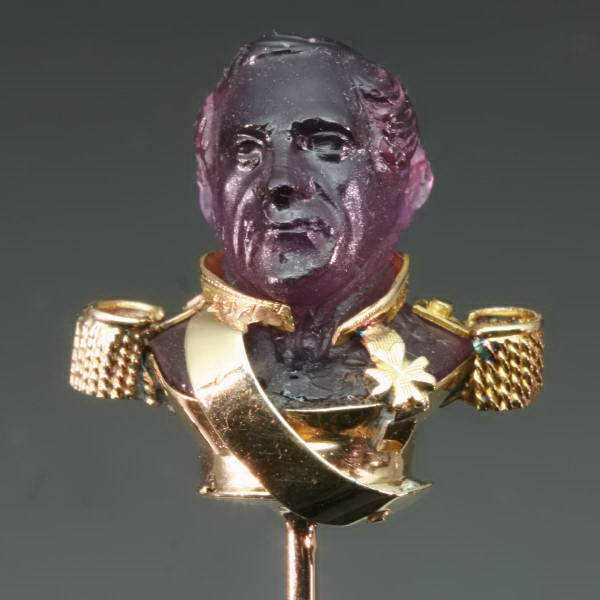 |
Another antique jewelry riddle we have here. We think that this man could be a French or English general from the Bonapartic era. But we have no clue which general it could be. We have been looking in the direction of Auguste de Marmont and Guy-Victor_Duperré but couldn't find any resemblance with our stickpin general. The cross our general is wearing here has four arms while the normal French order has five. Also the sash and epaulets could be of important indication.
Or does the haircut style indicates a British officer instead of a French one? Visitors of our site have already suggested this could be Lord Horatio Nelson or the Duke of Wellington. Something we don't support after comparing the the face of this pin with paintings of the two dignitaries.
Any help or information you might have that helps us in determining this person, is much appreciated.
Broadcasting our antique jewelry passion
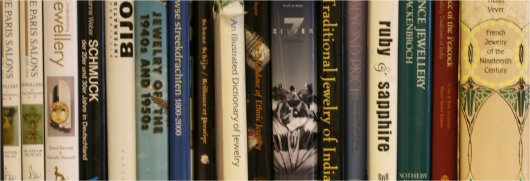 |
Did you know that ...
- ... Adin is online since 1994?
- ... you can find a complete lecture on antique jewelry at the Adin site?
- ... Adin has an antique jewelry glossary with over 1500 entries?
- ... Adin has a weekly antique jewelry related weblog?
- ... Adin offers you free wallpaper to personalize and spice up your desktop?
- ... Adin has a special section with its latest acquisitions?
- ... Adin offers you a comprehensive antique jewelry style overview?
- ... Adin can be followed on Twitter?
- ... Adin has a Facebook account?
- ... Adin has its own channel at YouTube?
Do you know this man?
(because we don't)
 |
Another antique jewelry riddle we have here. We think that this man could be a French or English general from the Bonapartic era. But we have no clue which general it could be. We have been looking in the direction of Auguste de Marmont and Guy-Victor_Duperré but couldn't find any resemblance with our stickpin general. The cross our general is wearing here has four arms while the normal French order has five. Also the sash and epaulets could be of important indication.
Or does the haircut style indicates a British officer instead of a French one? Visitors of our site have already suggested this could be Lord Horatio Nelson or the Duke of Wellington. Something we don't support after comparing the the face of this pin with paintings of the two dignitaries.
Any help or information you might have that helps us in determining this person, is much appreciated.
Who says you "need" glasses?
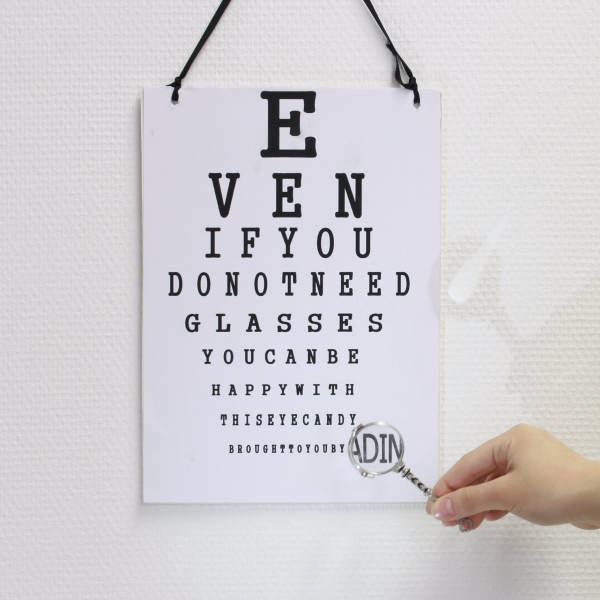 |
New flower species found
in The Garden of Adin
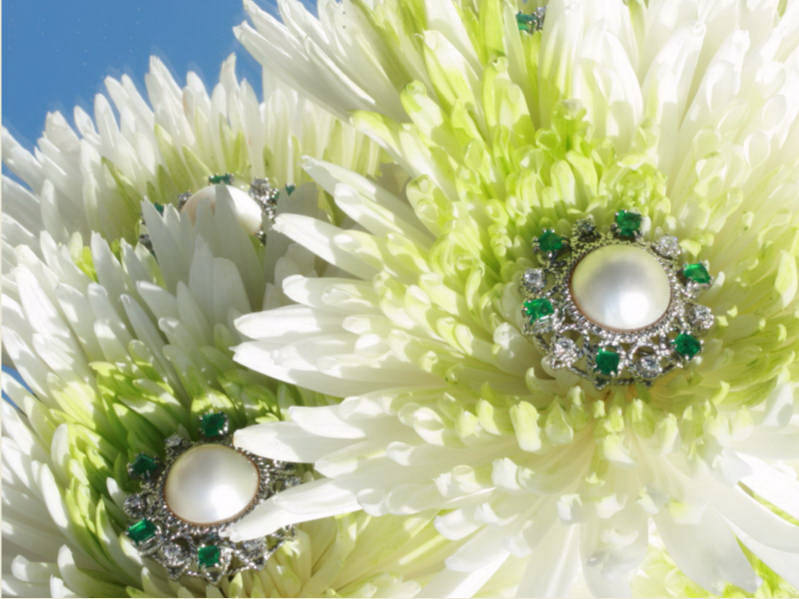 |
Antwerp, BELGIUM – A newly discovered flower species from the northernmost province of The Garden of Adin will be formally introduced here by local and international environmental groups.
Believed to be found only in The Garden of Adin, the flower species, called 'Chrysanthemum Narcissisticum Elkanum', was discovered recently in the province’s mountain area by noted Adin's botanist Elkan Wijnberg of The Adin Conservation International, after whom it is named.
Intense bird caring program
in The Garden of Adin
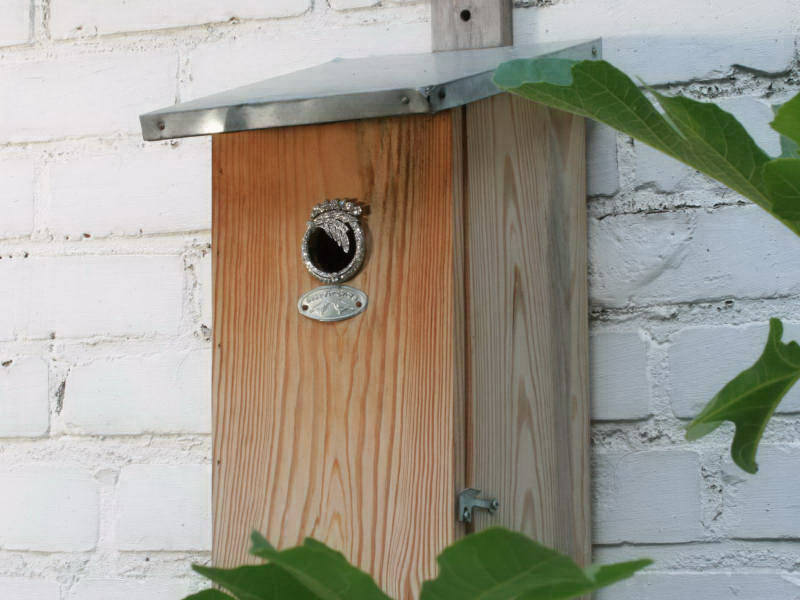 |
Antwerp, May 15 - In a recent study, Adin's Chief Ornithologist (bird expert) Mr. Elkan Wijnberg proposed several new approaches as how to attract more birds to The Garden of Adin. Discussions are still running about the effectiveness of some of his ideas.
Heavenly musician
in The Garden of Adin
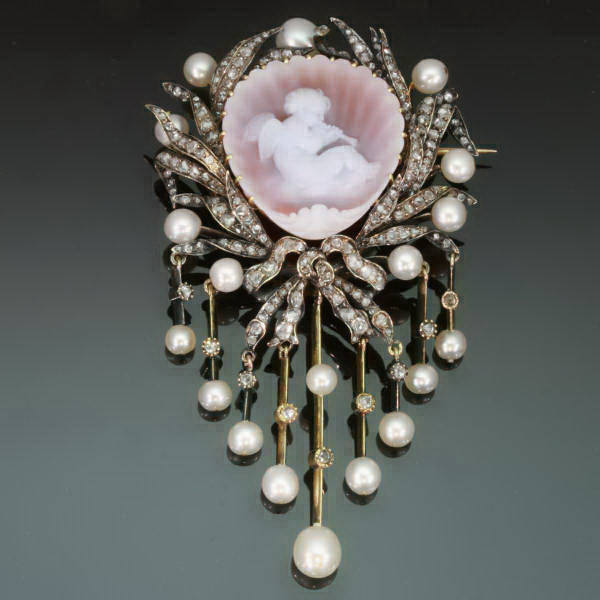 |
Antique Victorian jewelry brooch with stone cameo angel, diamonds and pearls.
A majestical piece of antique jewelry we have here. A skillful engraved sardonic hard stone cameo representing a cute little cupid in a shell on a cloud blowing the trumpet or whistling the flute. Surrounded by a wreath fully embellished with rose cut diamonds and natural pearls. A typical example of high-class jewelry made in the Victorian Grand Period.Victorian Grand Period Jewelry (1860 - 1885) is often dramatic and includes re-interpretations of many ancient patterns and styles. The use of cupids go back to the Greek who called them Erotes, winged gods of love. Their number was varied: Eros (Love) and Himeros (Desire), Pothos (Passion) and the twins Eros and Anteros (Love reciprocated).
But one cupid or the other.... this sure is a love-ly brooch.
A Royal Wedding with an antique ring...
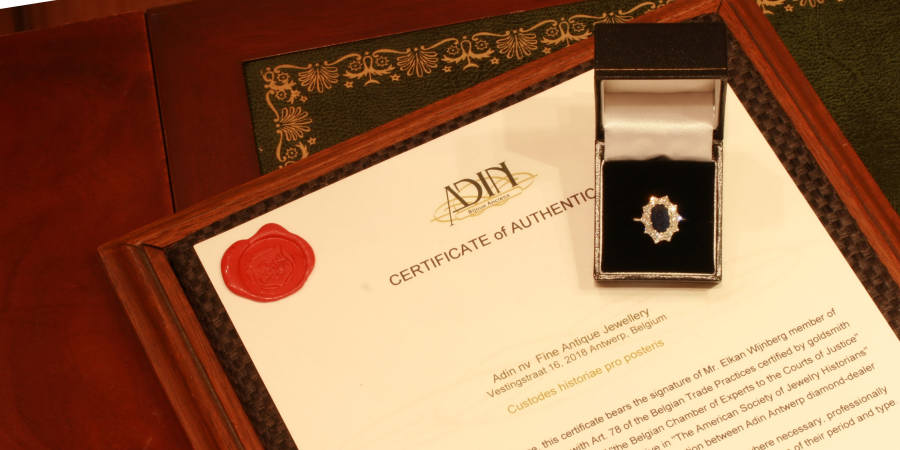 |
After seeing Kate and William's wedding celebration we could not resist to present you this sapphire diamonds cluster ring, known as a Lady Di ring. William proposed Kate with his parents engagement ring (an oval blue sapphire ring with diamonds), something that has been undoubtedly hugely emotional. Although the ring here is "just a tad" smaller than its royal compeer the ring has tremendous allure and just waiting for its princess to wear.
A tribute to French symbolic jewelry
A phoenix arising from the ashes
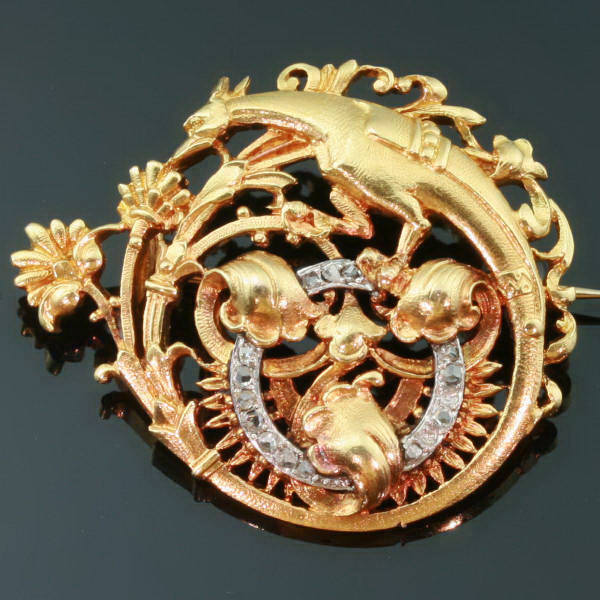 |
One of the reasons French antique jewelry is world-wide appreciated is the use of symbolism, giving the jewelry a deeper meaning. A nice example we show here. What we first thought to be a griffin turns out to be a phoenix, just based on the other symbol attributes in the brooch.
We recognize a circle (set with rose cut diamonds) with flames representing the Sun or Fire, symbols of creation and destruction. The phoenix has long been a symbol of rebirth, immortality, and renewal. The floral pattern breaking through the circle depicts the nest of aromatic branches and incense which the phoenix uses to set set himself on fire. From the ashes of that fire arises a new phoenix ...
This brooch could symbolize the transition from an old to a new era in one's life.
Precious white dew berries
too good to pass over in The Garden of Adin
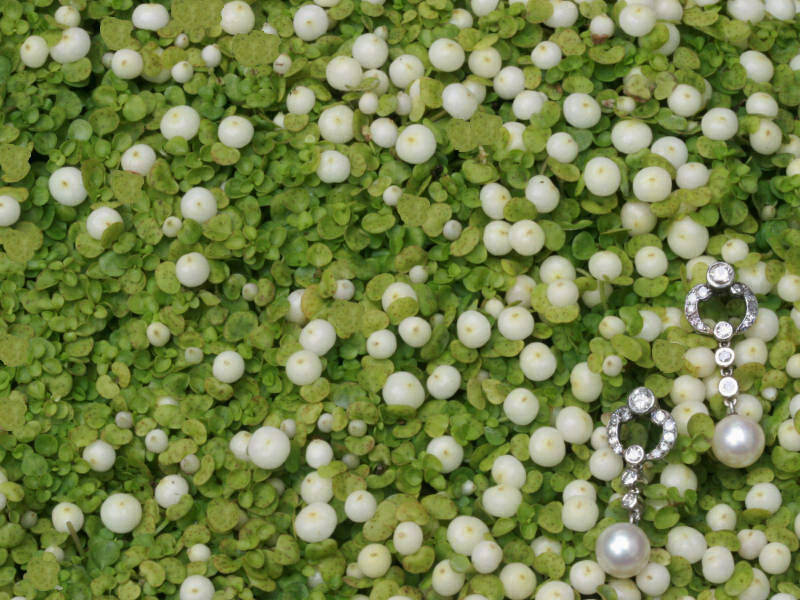 |
(Click the picture to get to these charming fifties earrings)
Why are these berries different from all other berries?
... and when the Gardener's followers saw it, they said to one another, what are these, because they did not know what it was and where it came from, and the Gardener said to them, These are earrings that are meant to be worn.
Get your kicks at Adin 26!
Celebrating 26 years of Adin
with our 26th spring discount week
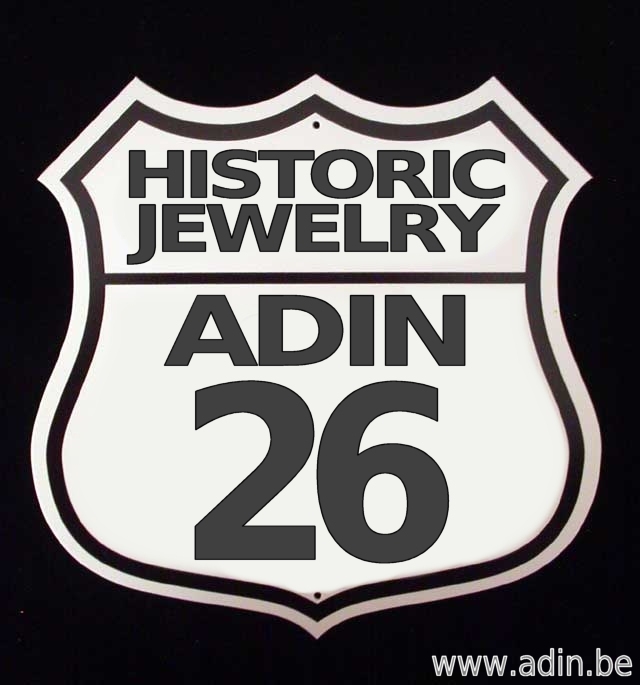 |
(Click the picture to get to our complete collection of antique historic jewelry)
Just this week !!!
5% cash-back on all your purchases! (*)
In sincere appreciation for making Adin your antique jewelry destination we gladly offer you 5% cash back on your entire Adin purchase made between April 10 and April 17, 2011. (*)
Religious discoveries
in The Garden of Adin
We would like to explain a little bit about the variations in our collection of antique French provincial jewelry. Most of these are inspired by religion, which is not so unexpected given the might of the church in the last centuries. Every province of France had a different type of dress code with specific jewelry for each one. The quality of our collection is truly museum-worthy and yet eminently wearable. Just imagine wearing a piece of jewelry that has seen two or even three turns of centuries.
Croix Boulonnaise
Circa 1770
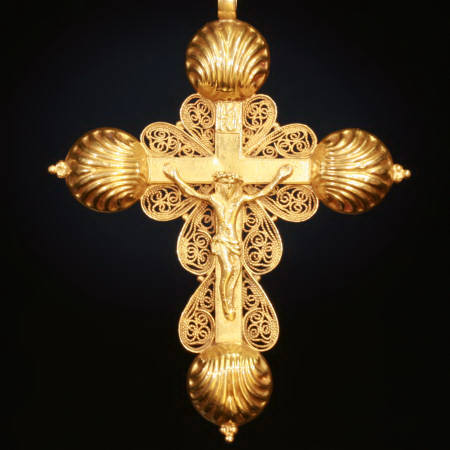 |
Click on the picture to get to this antique cross.
This type of cross is part of the adornment of wealthy married women along the coast between Boulogne and Dunkirk in France. They are recognised by the shell motifs that evoke pilgrimage to Saint Jacques de Compostelle. The filigree work harks back to it's distant Spanish origin.
- - -
Croix Normande
Circa 1819-1830
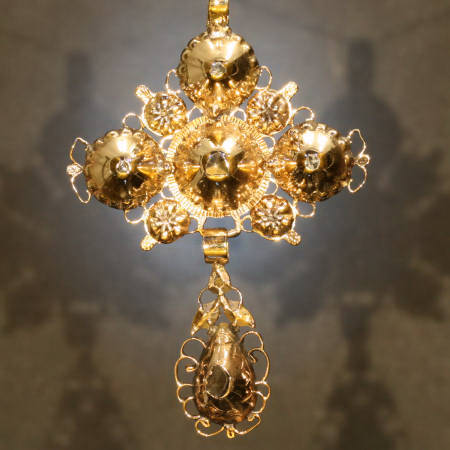 |
Click on the picture to get to this antique cross.
This cross pendant is both a religious symbol and a tool for regional identification. Together with a specific costume it denotes social status too. Size and abundance of materials that compose it reflect the wealth of its wearer.
- - -
Croix Viroles
Circa 1750-1790
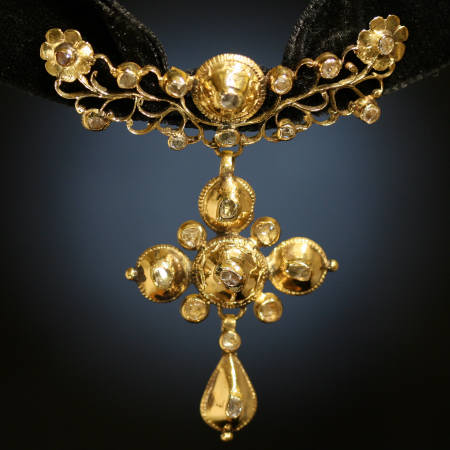 |
Click on the picture to get to this antique cross.
This cross belongs to the rare group of French Provincial gold cross pendants that were made at the end of the 18th Century (around 1790). It was bought and worn by wealthy provincial French women. These jewels rarely contained diamonds which were mostly used by jewellers for the nobility. This very cross from our collection is depicted in the famous book "Georgian Jewellery 1714-1830" page 152.
- - -
Croix Badinne
Circa 1838-1850
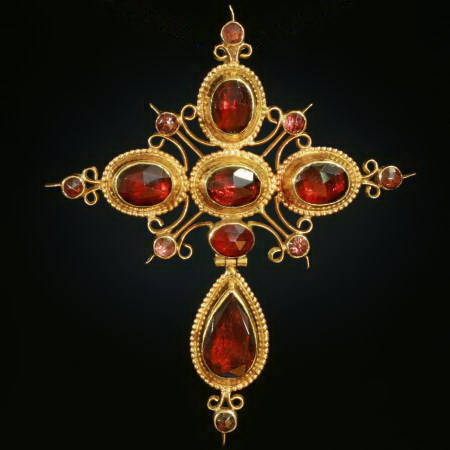 |
Click on the picture to get to this antique cross.
This cross was the most typical and traditional cross made in Roussillon in France. Usually tied around the neck with a silk or velvet ribbon. The shape of this jewel was developed by Catalan goldsmiths in the late 17th Century. It was worn in the Empire and Restoration periods, and depicted on the portrait of Elizabeth Campagnac.
- - -
Today, French regional crosses are very rare unlike the variety that existed in the old days. Most of these crosses are now kept in musea or in private collections.
Spring sprung
In The Garden of Adin
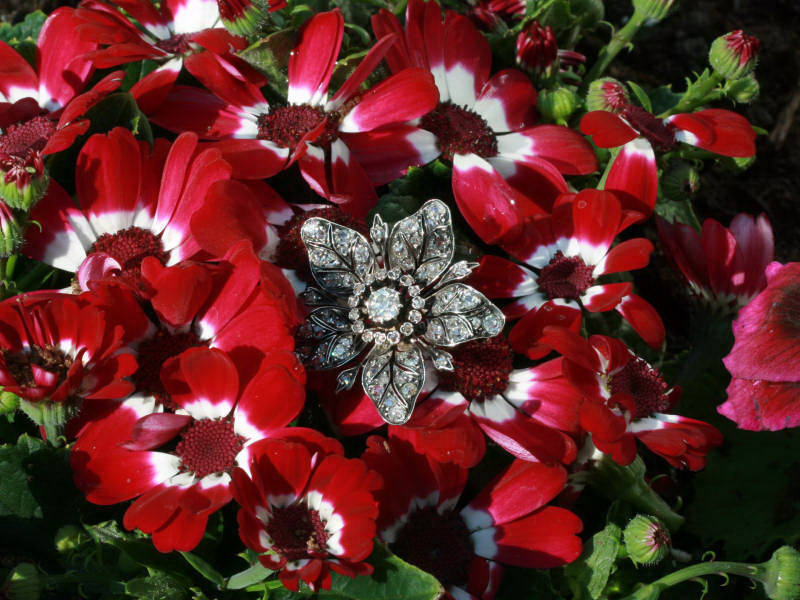 |
(Click the picture to get to this Victorian flower brooch and pendant)
Any idea how often spring has sprung over this flower?
.... at least 150 times!
Recipes d'Amour
Gratiné Oysters with antique pearl jewelry
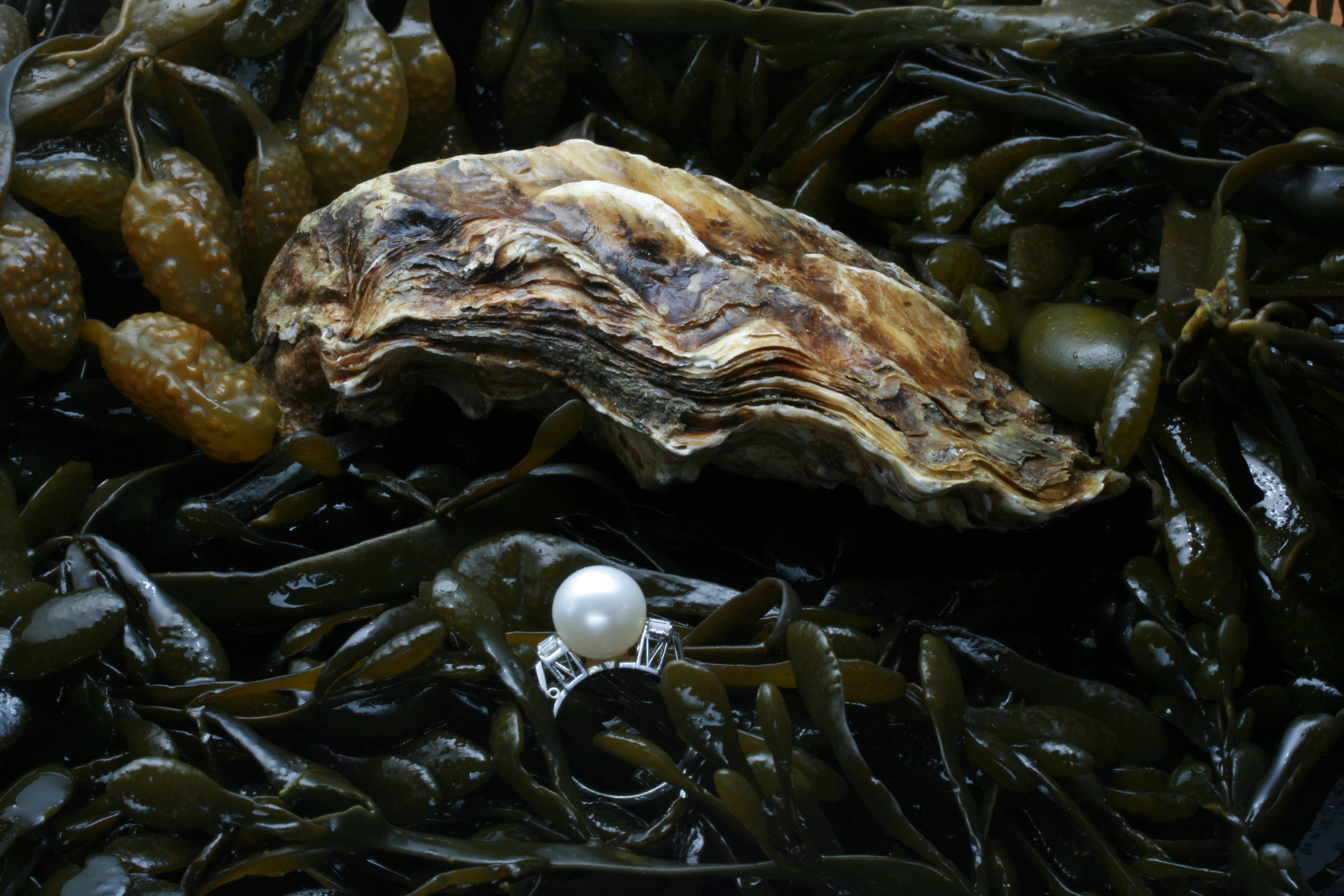 |
"La nouvelle cuisine d'Adin"
proudly presents:
Crusted Oysters
Preparation time: 90 minutes
Ingredients:
24 fresh oysters
1 leek
1 tablespoon oil
1 dl Champagne
1 dl whipped cream
300 grams grated cheese
One piece of antique pearl jewelry (can even be the Art Deco ring as pictured too)
Method
- Open the shells and take the oysters out.
- Collect and sift the moisture and separate the deeper half of the shells.
- Cut the leek in small rectangles, wash them and let them drain.
- Rinse the deeper halfs of the shells and pat them dry.
- Sauté the leek in the oil and add the whipped cream, the collected oyster-moisture, the Champagne and some grated cheese.
- Boil this down to a third and season to taste.
- Fill the deeper half of the shells with a bed of the leek substance and put an oyster on top.
- Sprinkle some grated cheese on top of this.
- Place under a grill till the cheese is melted and slightly crusted.
Serve with Champagne.
Present the antique jewel after degustation of oysters and Champagne.
Success guaranteed.
A tribute to French naturalistic jewelry
(Swan on Garden of Adin's Diamond Lake)
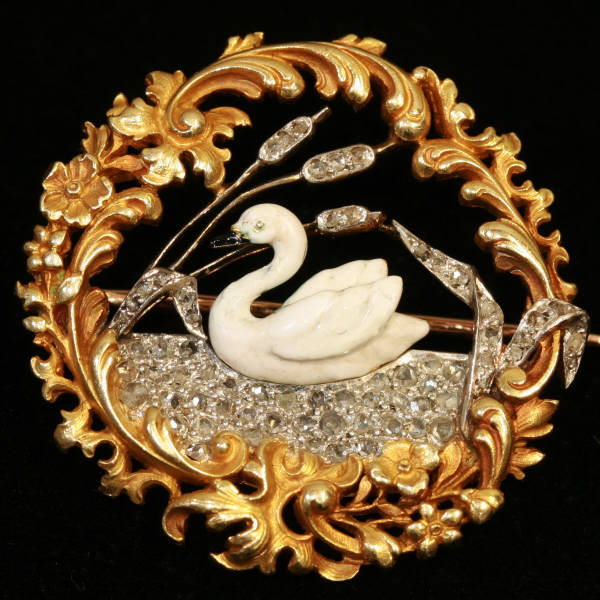 |
At the end of the 19th Century jewelers used nature as inspiration for their designs. Their interpretations of animals in jewels are based on a realistic view of the colours and lines in naturalistic detail. The French were undoubtedly unrivalled in the design of jewelry during this period with a deep understanding for the gems and materials used. It is in French jewelry that the most stunning naturalistic motifs can be found. This 19th Century naturalistic jewelry in diamonds, of course, can be very expensive. With careful and imaginative taste, the flowers (reedmace or cattail) and swan act as a romantic and fascinating theme of this decorative jewel.
We think that this beauty is made at the end of the Victorian and beginning of the Art Nouveau era.
The Victorian era (the period of Queen Victoria's reign from June 1837 until her death on 22 January 1901) is known for its eclectic revival and interpretation of historic styles and the introduction of cross-cultural influences from the middle east and Asia in furniture, fittings, and interior decoration. Victorian design is widely viewed as having indulged in an excess of ornament. The Victorian period can roughly be divided into 3 distinct periods; the Romantic (1837 - 1860), Grand (1861 - 1885), and Late or Aesthetic Period (1880 - 1901). The jewelry of the late Victorian period once again returned to romanticism with more delicate and whimsical motifs such as stars, crescent moons, reptiles, animals, birds and insects. The discovery of the diamond mines in South Africa led to the use of mine, rose and cushion cut diamond stones.
The Art Nouveau style has its beginning in the late Victorian era. Art Nouveau (French for New Style) is an international movement and style of art, architecture and applied art - especially the decorative arts - that peaked in popularity at the turn of the 20th century (1890–1905). The name "Art Nouveau" is French for "new art". It is also known as "Jugendstil", German for "youth style", named after the magazine Jugend, which promoted it, and in Italy, Stile Liberty from the department store in London, Liberty & Co., which popularised the style. A reaction to academic art of the 19th century, it is characterized by organic, especially floral and other plant-inspired motifs, as well as highly stylized, flowing curvilinear forms. Art Nouveau is an approach to design according to which artists should work on everything from architecture to furniture, making art part of everyday life.
But all this info aside: What a beautiful brooch! Upon the sight of this brooch we all turned instantly happy. What a pretty piece of Applied Art. Charming, touching, cute, top notch work and design... One of the very nicest pieces we have had in many many years. And it stays nice... everytime we look at it we are in awe of the quality and its positive impact to our mood :-) .
Click the following link to see all our Animalistic jewelry.
ADIN
Now, with a new improved formula!
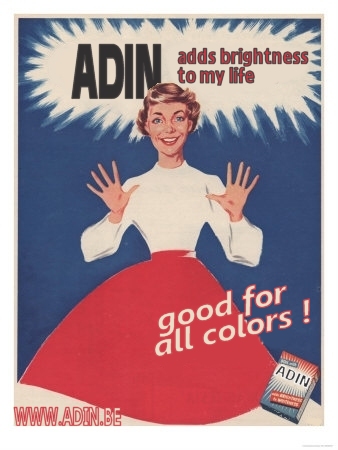 |
The new improved Adin formula allows effective wearing of antique jewelry at all temperatures. Furthermore it allows women to improve the impact on the environment by wearing antique jewelry in a specific color to their own choice, like antique jewelry with the color white, blue, red, yellow, purple and/or even black. Inspired on color and mineral based ideas, this latest antique jewelry formula is virtually biodegradable and has a good environmental profile that exceeds European Union and American legislation.
Adin, King of the Blues
Latest release: The thrill is back!
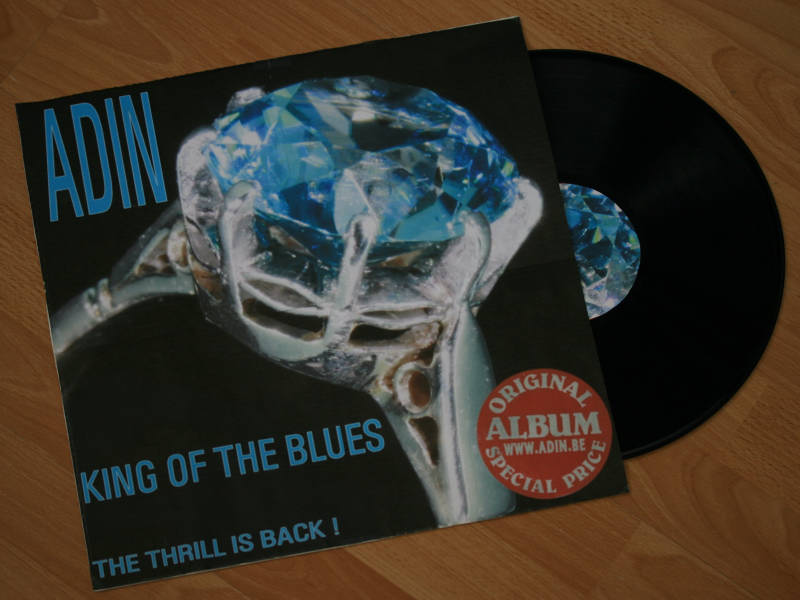 |
The Adin Blues genre is rather based on color then on a musical form or genre. Adin Blues can be subdivided into several subgenres ranging from Nineteenth Century Light Blues to Vintage Urban Blues that were more or less popular during different periods of the 20th century. Best known are the Sapphire, Lapis Lazuli, Turquoise and Starlite Blues styles.
Victorian jewelry
(some background info)
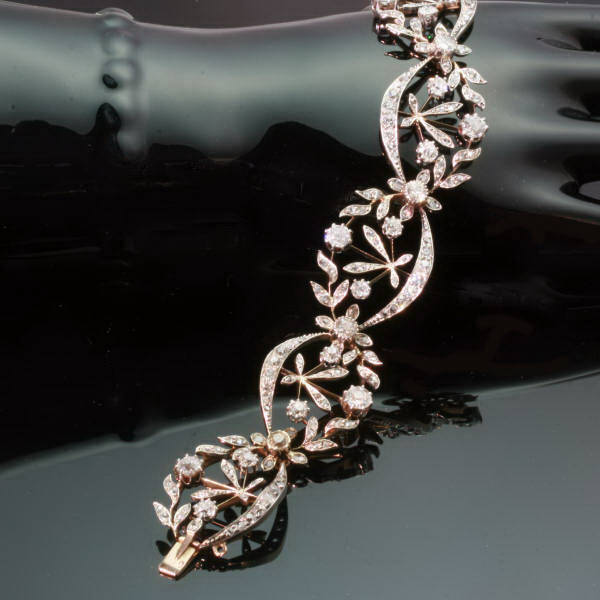 |
Victorian Decorative Arts refers to the style of decorative arts during the Victorian era (the period of Queen Victoria's reign from June 1837 until her death on 22 January 1901). The Victorian era is known for its eclectic revival and interpretation of historic styles and the introduction of cross-cultural influences from the middle east and Asia in furniture, fittings, and interior decoration. Victorian design is widely viewed as having indulged in an excess of ornament. The Victorian period can roughly be divided into 3 distinct periods; the Romantic (1837 - 1860), Grand (1861 - 1885), and Late or Aesthetic Period (1880 - 1901).
We consider this beautiful bracelet to be of the Grand Period. Jewelry from this period was often a re-interpretation of ancient, Renaissance and Gothic patterns and styles. The most important (ancient) ornament in this bracelet is the wreath, an ornament with much history and symbolism associated to it - most of it goes back to the Greek mythology.
The Romans use of laurel wreaths echo the Greek traditions. The wreath was a symbol in the arts, literature, government and education in Roman society. In the arts, it expressed that one was valued and respected with a laurel wreath resting atop one’s head. Kings in both Greece and Rome donned the laurel wreath to illustrate sovereignty. Julius Caesar for example, proclaimed the laurel wreath "to be a symbol of the supreme ruler." The wreaths worn by kings were reminiscent of the traditional laurel wreath by the shape and its connotation yet were embellished with gold and gems. (This eventually led to the modern day crown.)
But all this info aside: it's a sheer joy, looking how the wreath elegantly drapes itself around the wrist, in a fluent line of diamonds. And yet, it does not scream out loud, a refined piece of French craftsmanship so typically for the what the French call "Haute Joaillerie" (high class/high standards jewelers).
Click the following link to see all our Victorian jewelry.
Newsflash
from The Garden of Adin
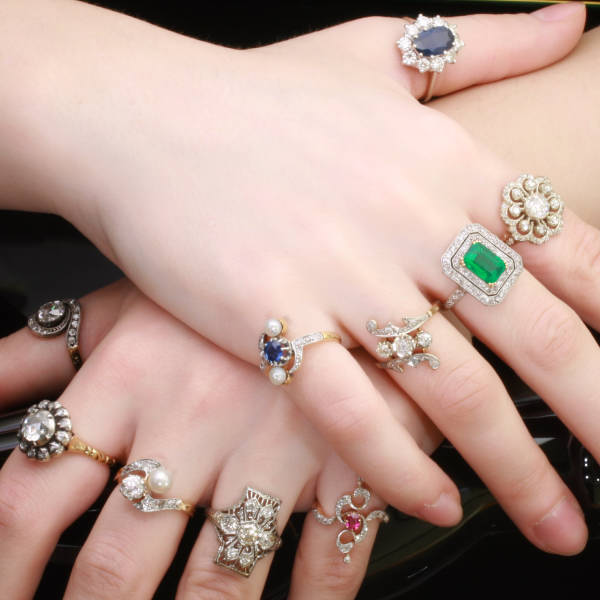 |
ANTWERP, February 13 - In an attempt to stimulate the sales of their antique rings, The Adin Research Center for Antique Jewelry Commercialisation has set up a Human Genetic Engineering Team. The aim of this team will be to see if women can have more than five fingers on each hand.
The first results are promising. We'll keep you updated!
- - -
Adin goes green!
(driven by its environmental conciousness, Adin is setting the trend again)
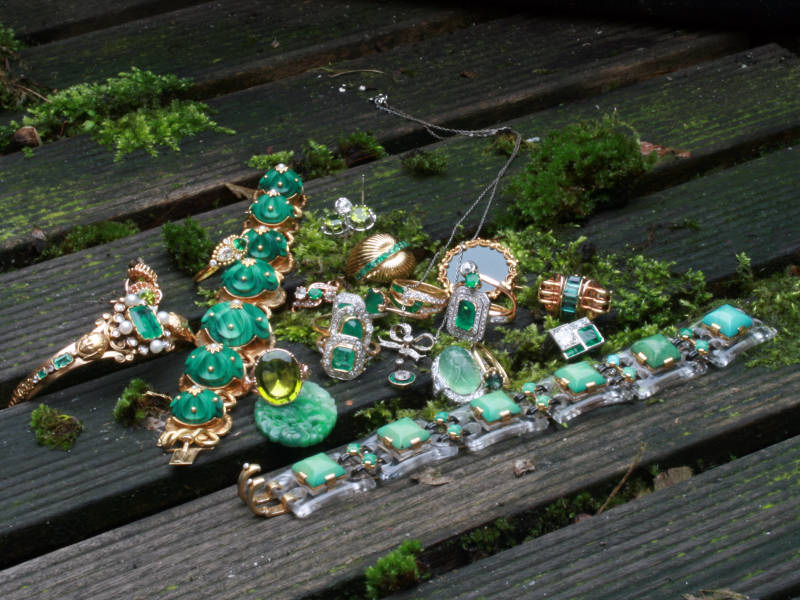 |
As the eloquent experts would say:
"With the presence of green being ubiquitous in The Garden of Adin and dedicated to finding solutions for the Garden's sustainability, the Gardener won a key endorsement for his proposal to focus on green sales."
But it boils down to the fact that we just would like you to take a look and be greenish and environmentally bedazzled. Go green and let your friends turn green of jealousy on the beautiful green antique jewelry you can find with us!
P.s. Perhaps you know someone who might be interested in receiving our mails? Forward them this mail so they can subscribe themselves at: our subscription page
P.s.2 No need to consider the environment before printing this email because we used a green font.
jewelry with movies
latest acquisitions
complete inventory
free antique jewelry wallpapers for your desktop
or read our explanations on:
extensive antique jewelry glossary
antique jewelry style overview
...in other words,
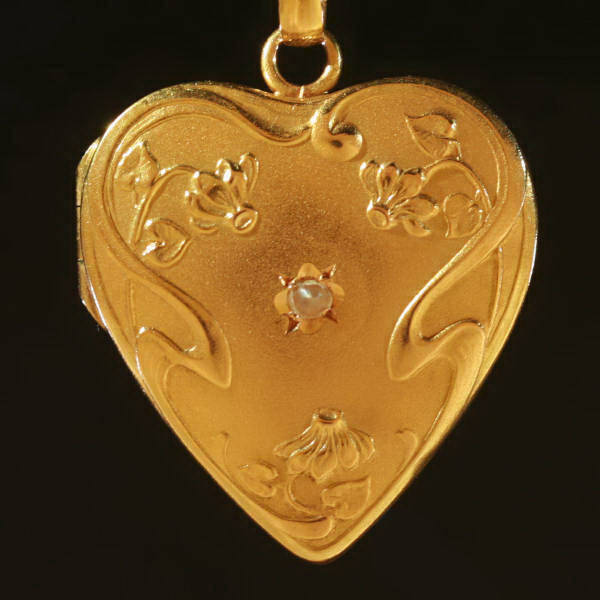 It's yours (hearts) |
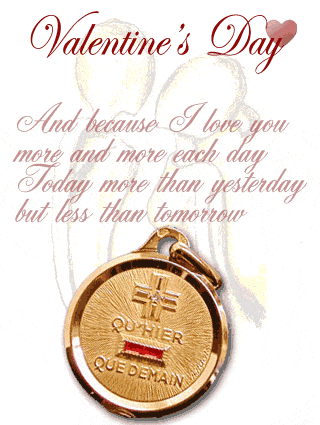 |
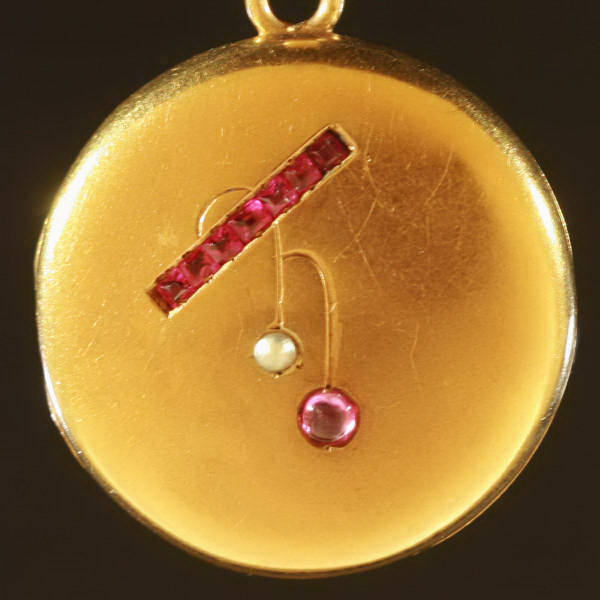 Always with you (lockets) |
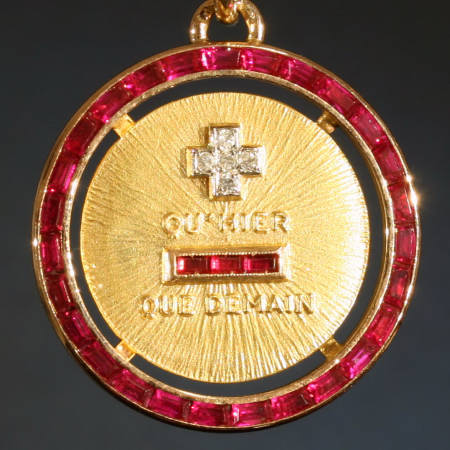 Je t'aime (pendants) |
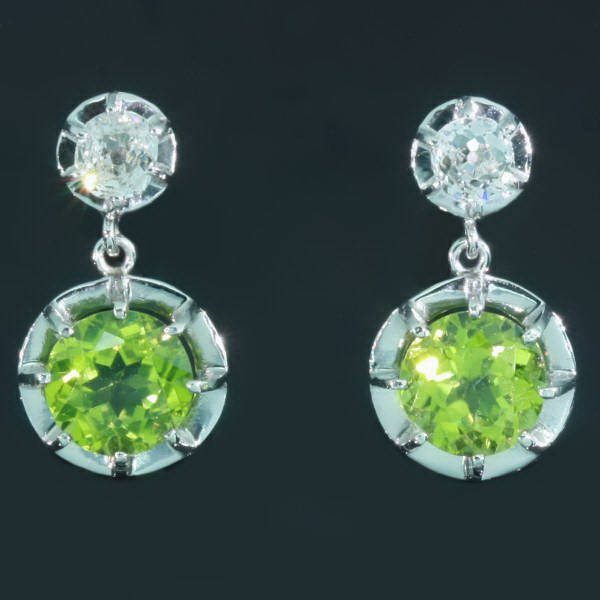 Shine forever (earrings) |
|
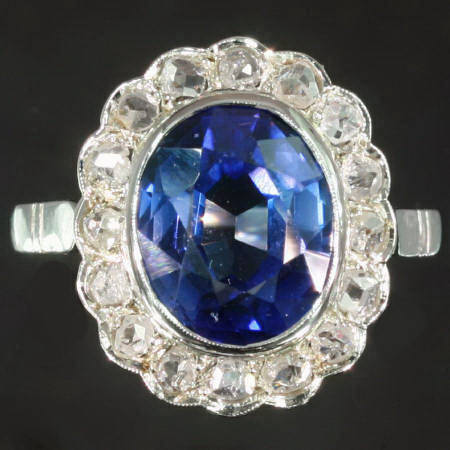 Marry me (engagement rings) |
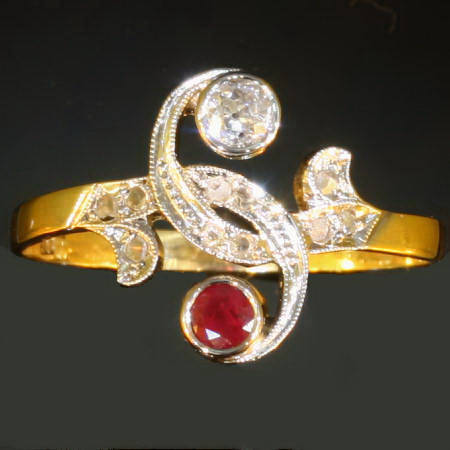 You & Me (toi et moi rings) |
Instant Antique Earrings
in handy blister pack
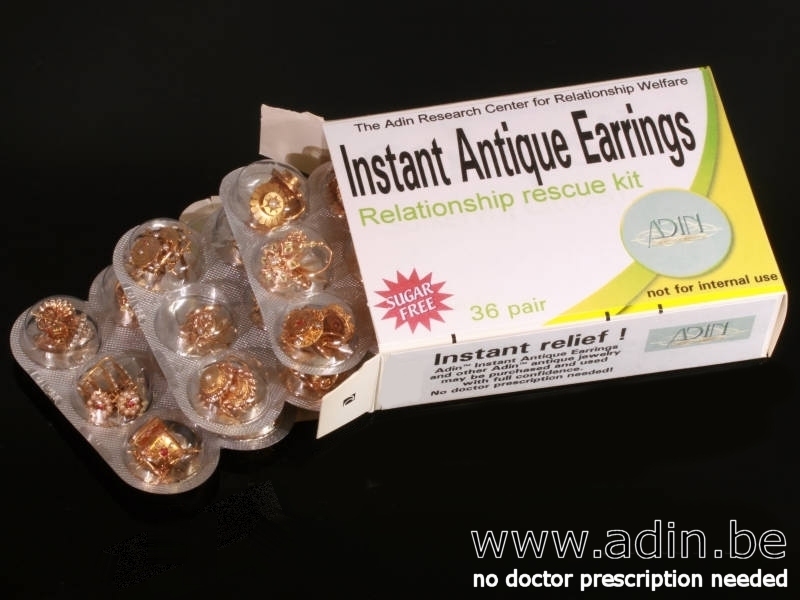 |
ANTWERP, January 23 - Along with instant chicken soup, instant coffee, instant oven cleaners, instant pain relief, it was only a matter of time before instant antique earrings made their international debut. Researchers at "The Adin™ Research Center for Relationship Welfare" came out with this brand new invention in a handy blister pack.
According to Adin's Chief researcher Elkan Wijnberg, non-clinical testing show promising results and although still in testing phase, "Adin™ Instant Antique Earrings" will be launched in the near future. Till then, antique earrings have to be bought per pair at www.adin.be.
- - -
Discovery of love vitamin
in
The Adin Research Center for Relationship Welfare
 |
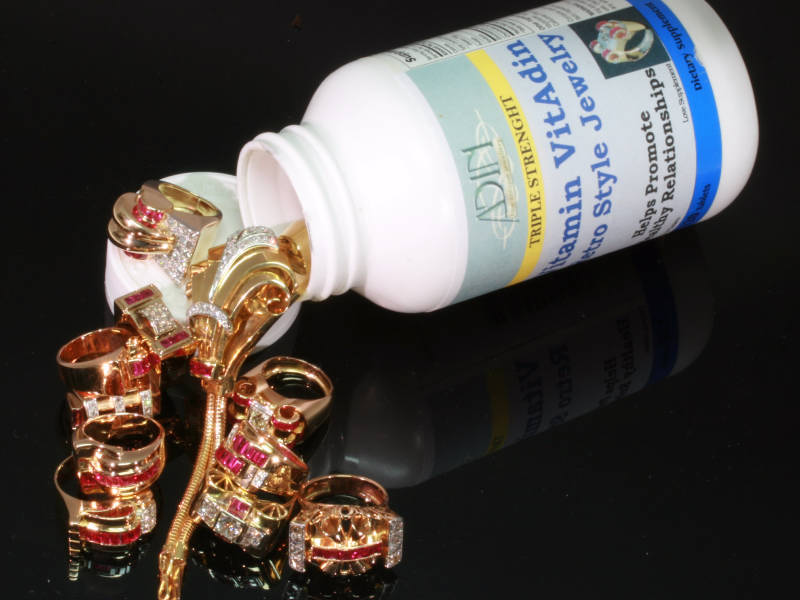 |
ANTWERP, January 16 (Reuters) - Recent studies in "The Adin Research Center for Relationship Welfare" have shown that the non-nutrient Retro Style Jewelry (RSJ) --long viewed as a nonessential-- has now been established as the first new vitamin discovered since a long time. The new vitamin can positively affect relationship dips and is named vitadin. According to Adin's Chief researcher Elkan Wijnberg, a regular dose will benefit relationships.
Retro style jewelry - The Retro style was strongly influenced by its predecessor: the Art Deco style. Using the same type and language of geometrical shapes but with bolder heavier lines, shapes and stones. Typical for the Retro style is its imitation of three dimensional folds of fabric with the ribbon bow as its most popular motif, often highlighted in the center with a calibré cut ruby or sapphire knot (mostly lab-produced stones were used) and diamonds in various cuts as white accents.
That gold regained its popularity during the Retro period was due to the fact that platinum was not available to the goldsmiths and jewellers since this was being used for the war effort. This was the main reason that during the Retro period different colors of gold became popular - yellow gold was combined with rose gold and green gold in striking combinations. In France goldsmiths worked with no less then 27 shades of colors of gold!
The most popular gemstones seen in the Retro style are aquamarine, citrine, topaz, large cabochon-cut rubies and sapphires (including star stones), golden beryl, peridots and tourmaline. Not uncommonly, gems used were exceptionally large in order to reflect the scale of the jewelry.
Recipes d'Amour
How to make her Queen of the Day
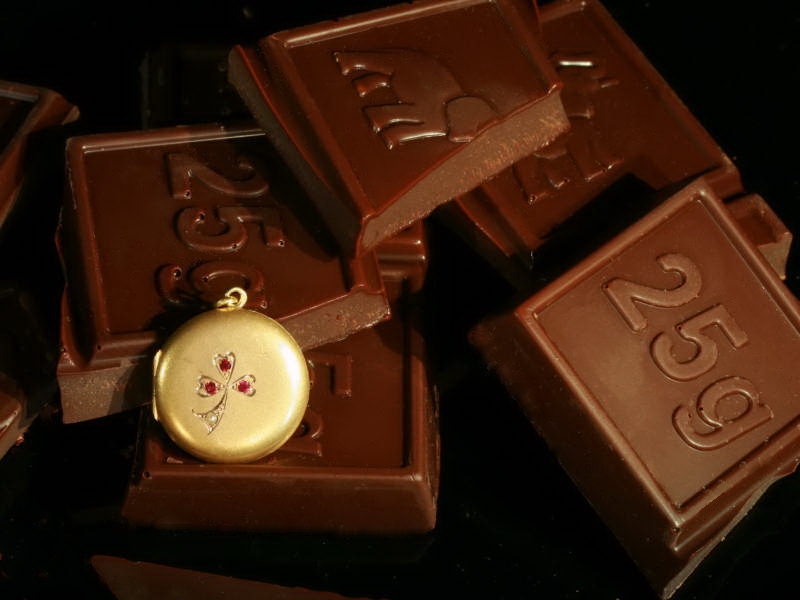
La nouvelle cuisine d'Adin
proudly presents:
Adin's Epiphany Present Pie
One of the customs for the 6th of January (also called “Epiphany” or “Twelfth Night”) is to bake a cake and hide something in it. The one who gets the piece of the pie with the hidden object can call himself King or Queen for that Day.
This folkloric practice was already used by the old Romans as a ritual at the Festival of Saturn. It was a time of celebration, visits to friends, and gift-giving, particularly of wax candles, and earthenware figurines.
Depending on the place one is in, the hidden object can be a bean (England), almond (Belgium), a little porcelain doll (France), and obviously a piece of antique jewelry when having been in The Garden of Adin.
Ingredients for a 6 - 8 portions pie:
-
- 200 grams butter at room temperature -
-
- (plus a little bit of butter for buttering the baking tin) -
-
- 200 grams ground almonds -
-
- 200 grams sugar -
-
- 4 eggs -
-
- 7 tablespoons self raising flower -
-
- 100 grams dark chocolate -
-
- 1 piece of antique jewelry -
-
Method:
-
Stir up the butter, almond powder and sugar
till smooth and creamy.
-
Add the eggs one by one.
-
Add 6 spoons of flower with a wooden spoon.
-
Divide the dough in two.
-
Melt the chocolate (2 minutes in microwave).
-
Stir the melted chocolate in one half of the dough.
-
Butter the cake tin (diameter ± 26 cm or 10 inch)
and disperse with the remaining flower.
-
Randomly scoop the dough without the chocolate
into the cake tin.
-
Add the chocolate dough.
-
Shovel the two from bottom to top
without really mixing the two colors.
-
Add the antique piece of jewelry (if heath-resistant)
and smoothen the top.
-
If the piece of antique jewelry is not heath-resistant
than hide it in pie when pie is cooled off after baking.
-
Bake the pie within 35 to 45 min.
in a prewarmed oven at 170°C (or 340° F).
-
The pie is ready when a knife (or knitting needle)
that you insert is dry when taken out.
-
Serve:
Best secretly mark the part of the pie with the jewel.
So you are sure to give your loved one the right piece.
Preparation time: ca. 15 minutes
Baking time: 35 - 45 minutes
Grade of difficulty: medium to easy
| Nutrition Facts | |
| Serving Size 1 piece | |
| Amount Per Serving | |
| Calories more than enough | Calories from Fat 190 |
| % Daily Value * | |
| Total Fat 34g | 35% |
| Saturated Fat 28g | 30% |
| Trans Fat | |
| Cholesterol 15mg | 6% |
| Sodium 150mg | 6% |
| Total Carbohydrate 40g | 15% |
| Dietary Fiber 2g | 8% |
| Sugars 21g | |
| Protein 2g | |
| Vitamin A | 0% |
| Vitamin C | 0% |
| Calcium | 4% |
| Antique Jewelry | 100% |
| Aesthetics | 100% |
| Good Taste | 100% |
| Romantics | 100% |
| * Percent Daily Values are based on an average diet. Your daily values may be higher or lower depending on your antique jewelry needs. | |
Click here for all our jewelry that might be used (but check with us first for heath-resistance).
The entire Adin team wishes you:
Happy New Year!
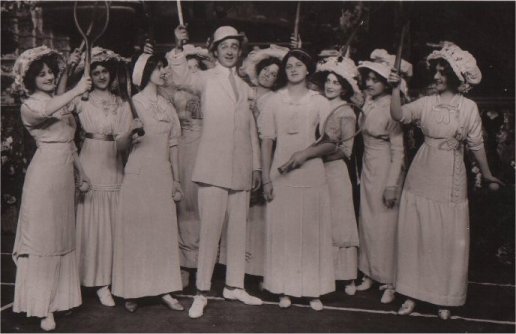
(Click the picture to see the antique jewelry our team has gathered)



